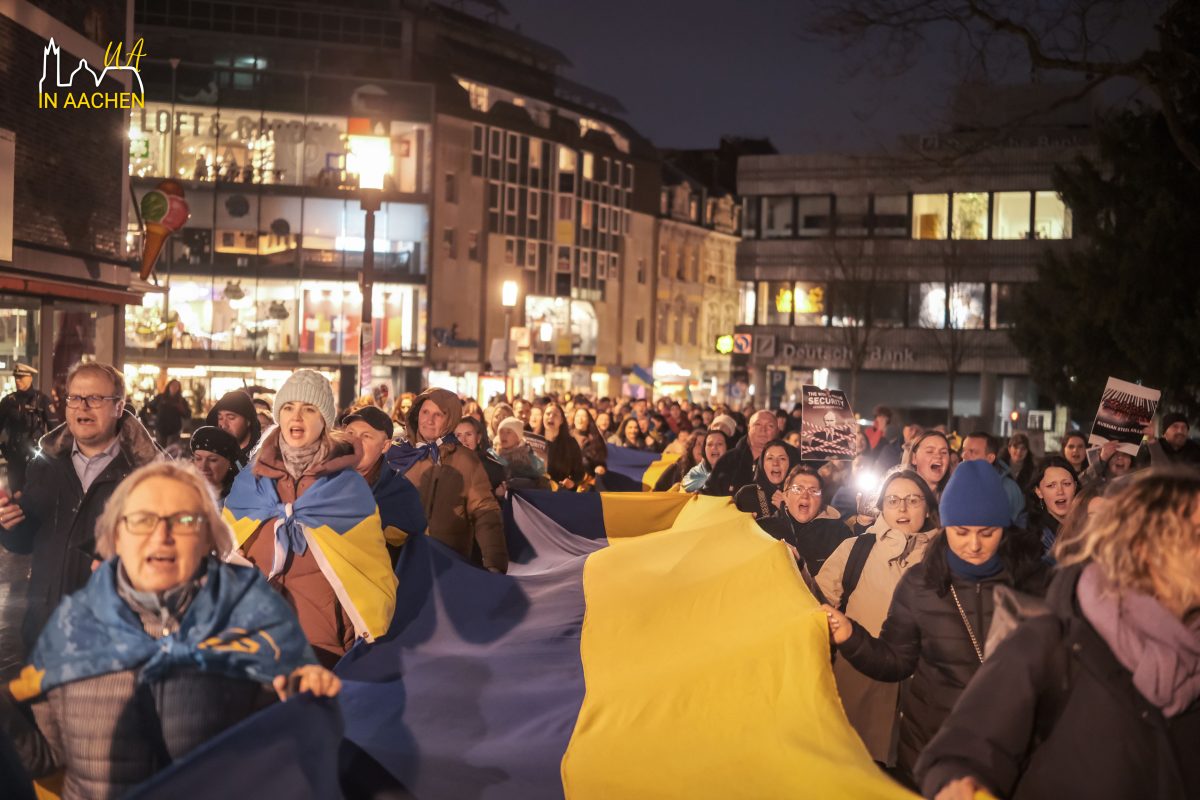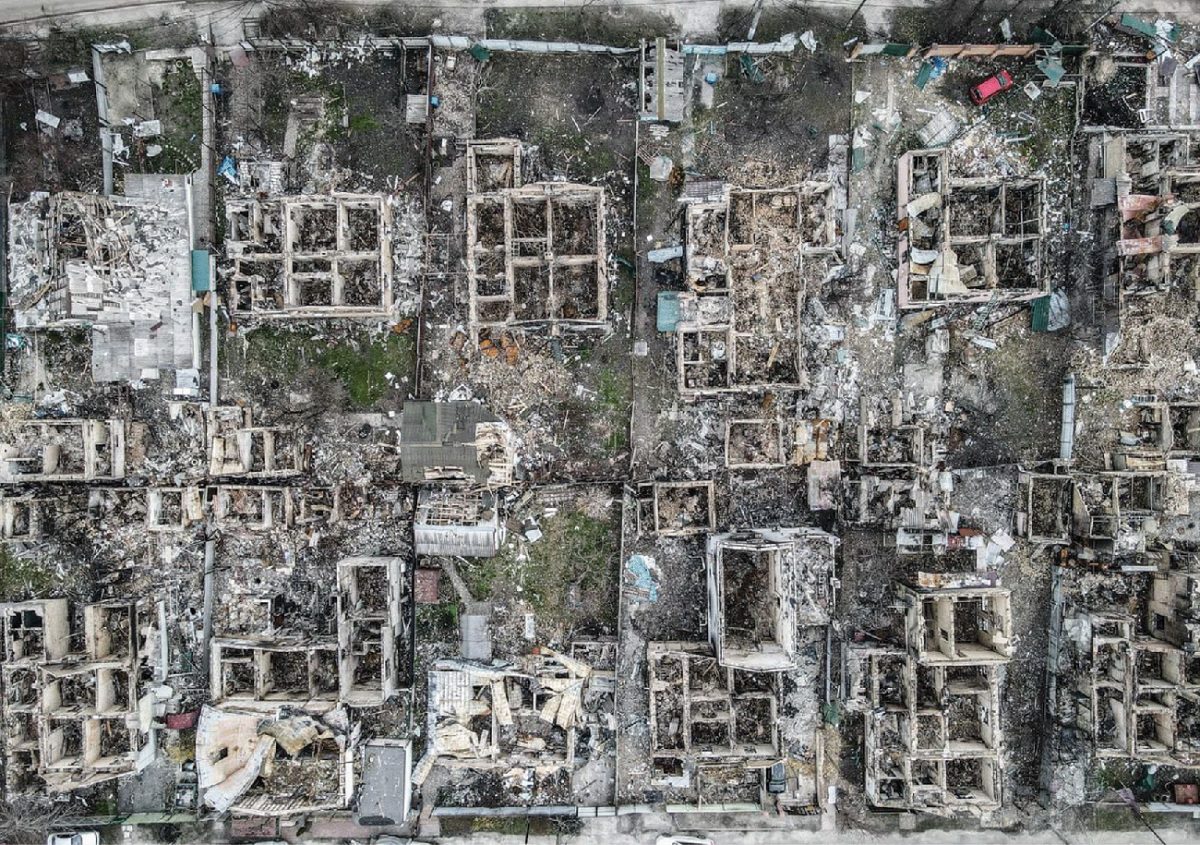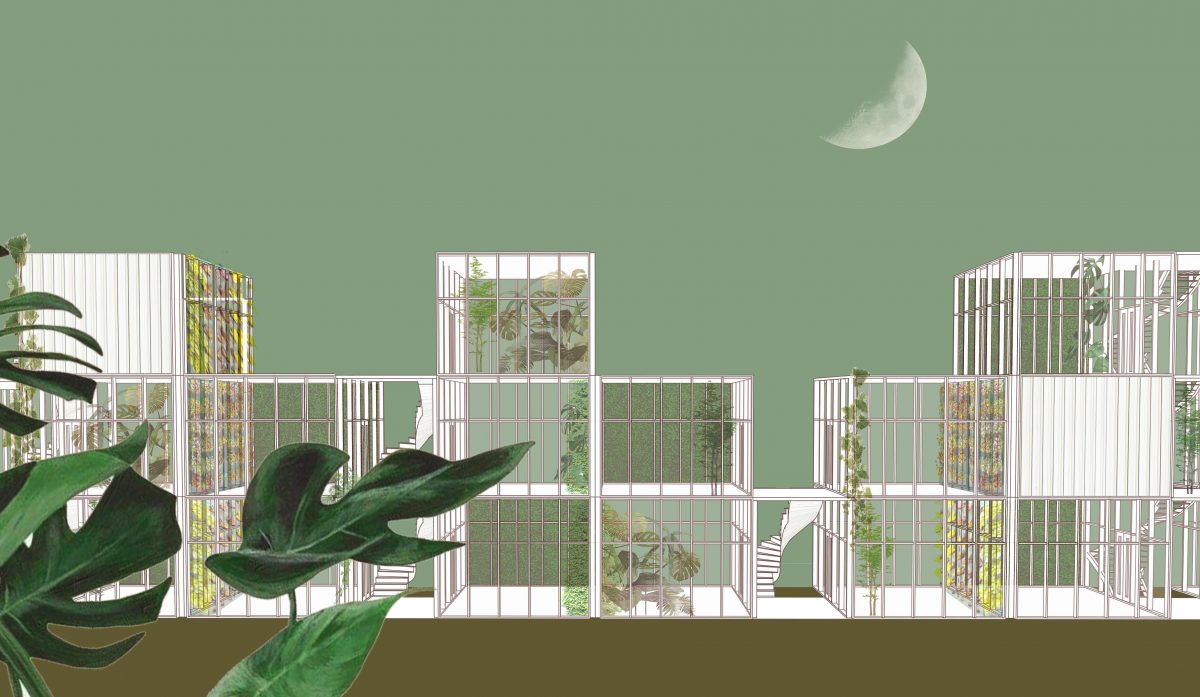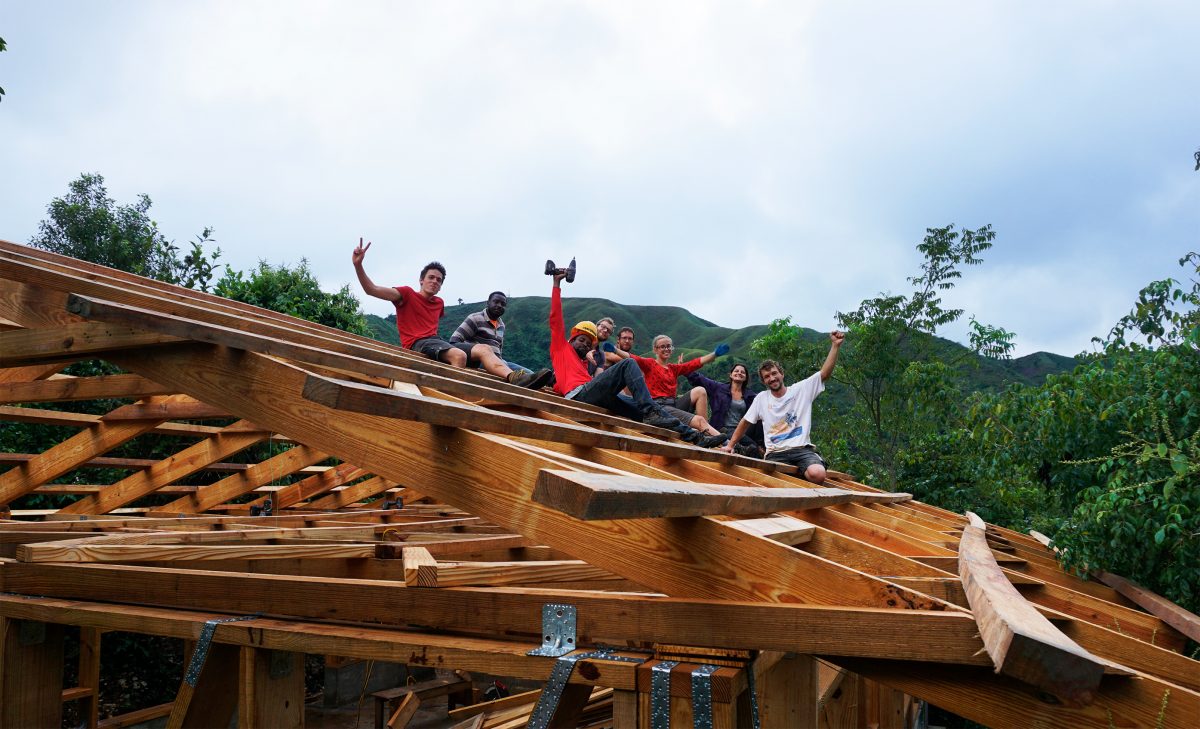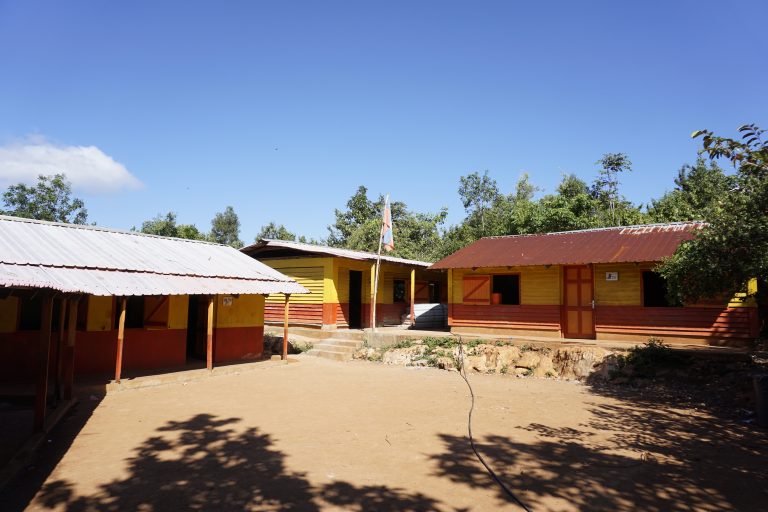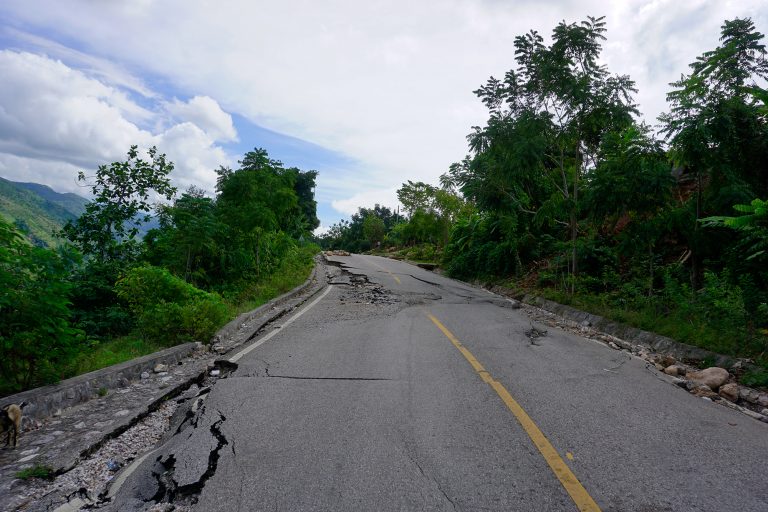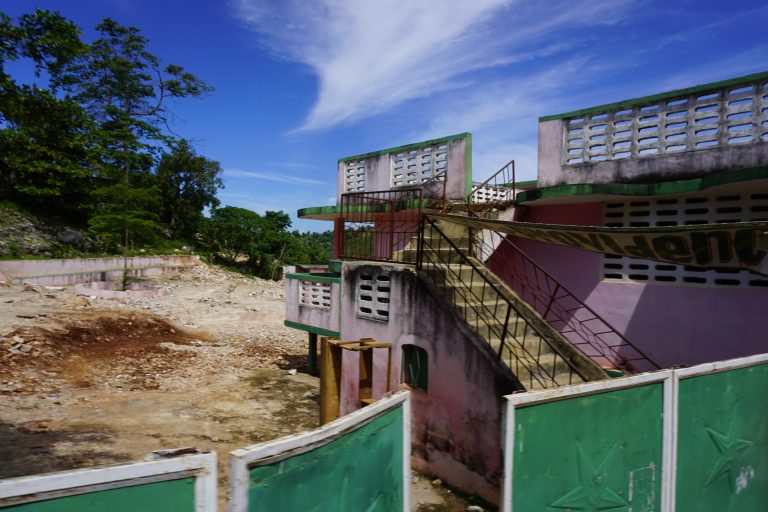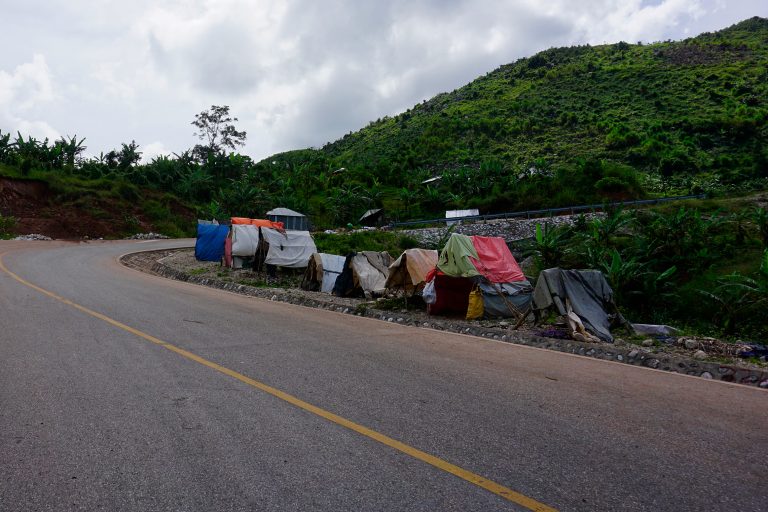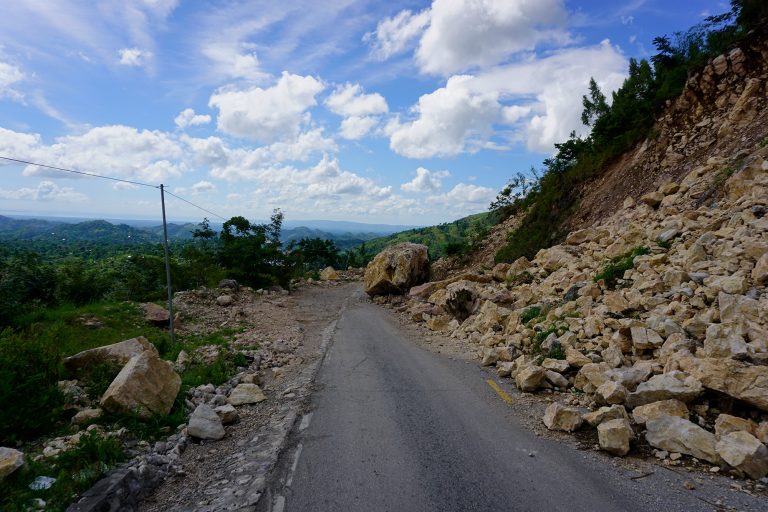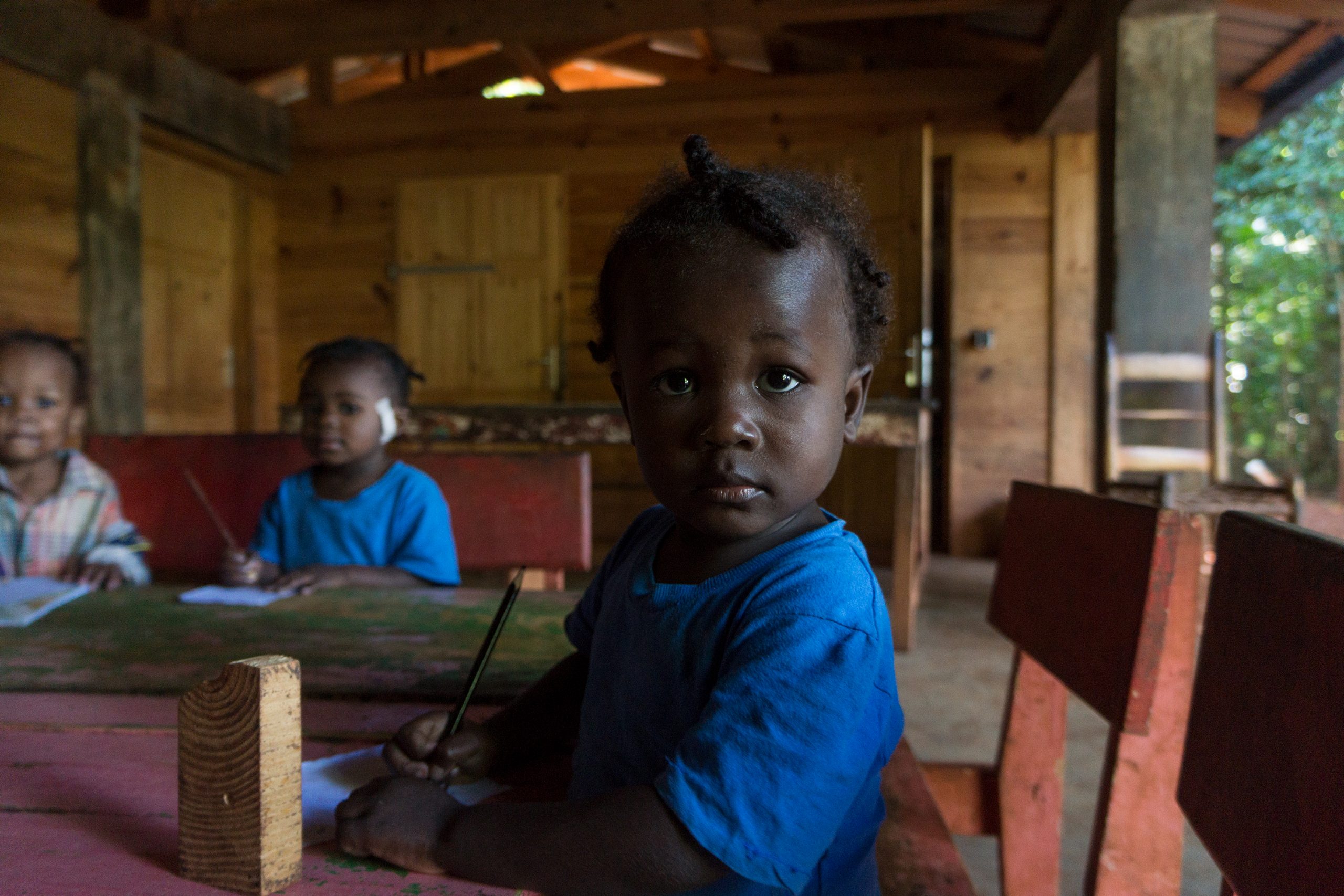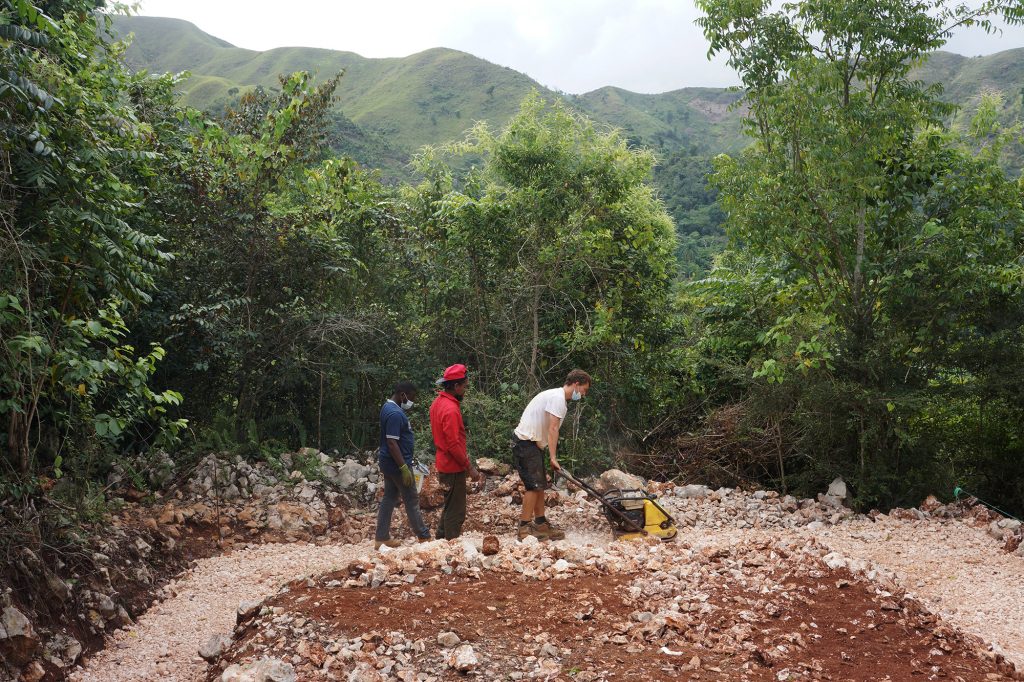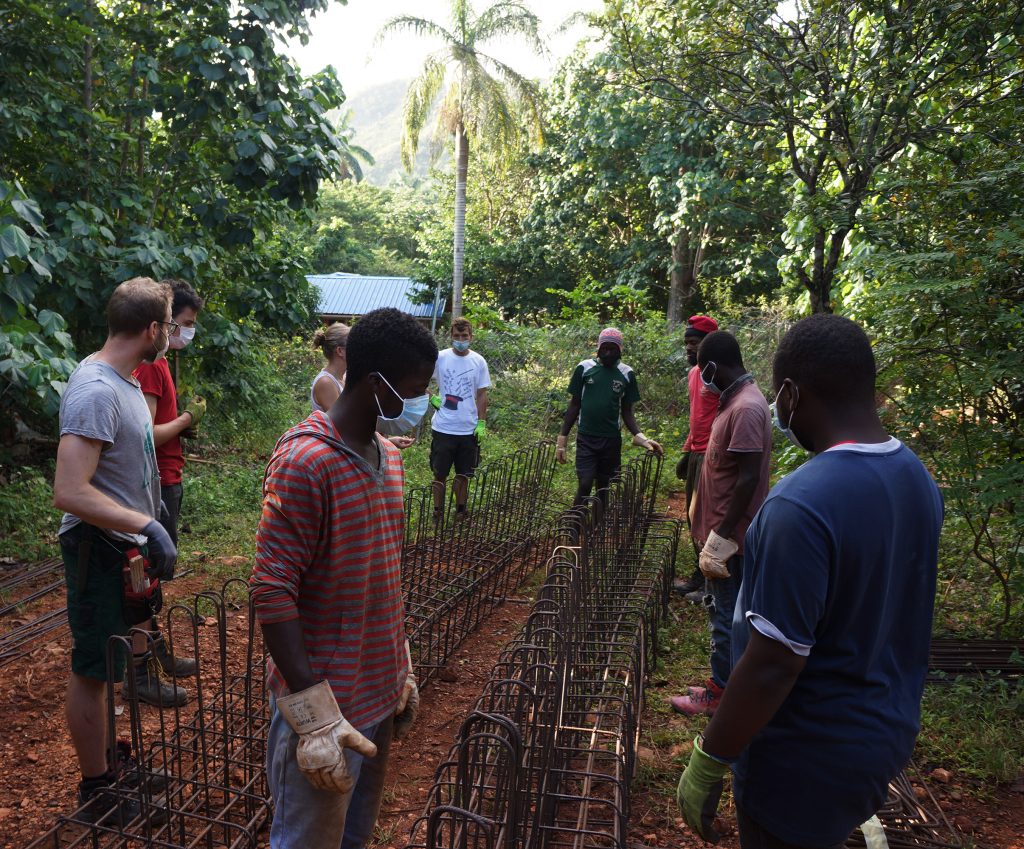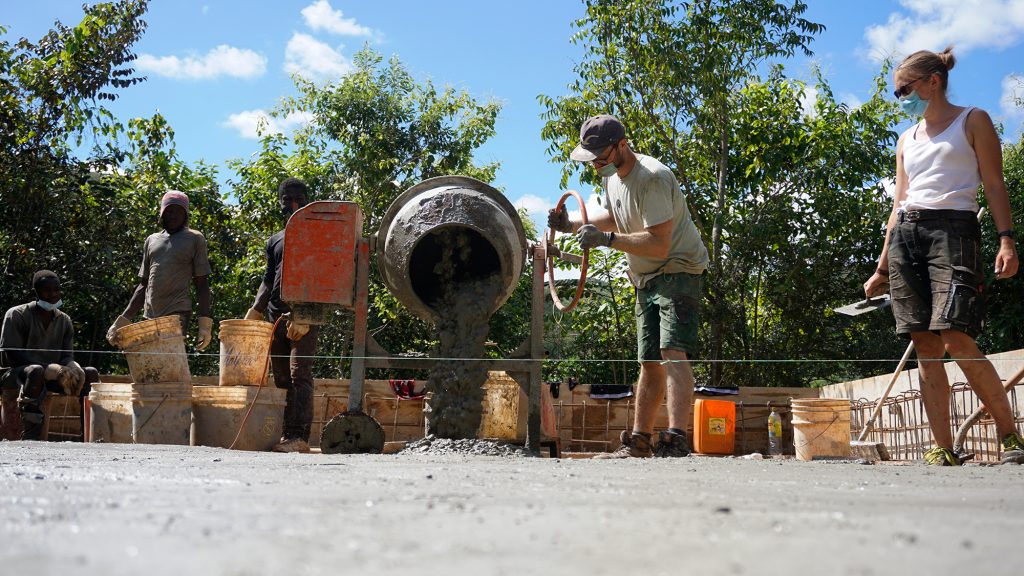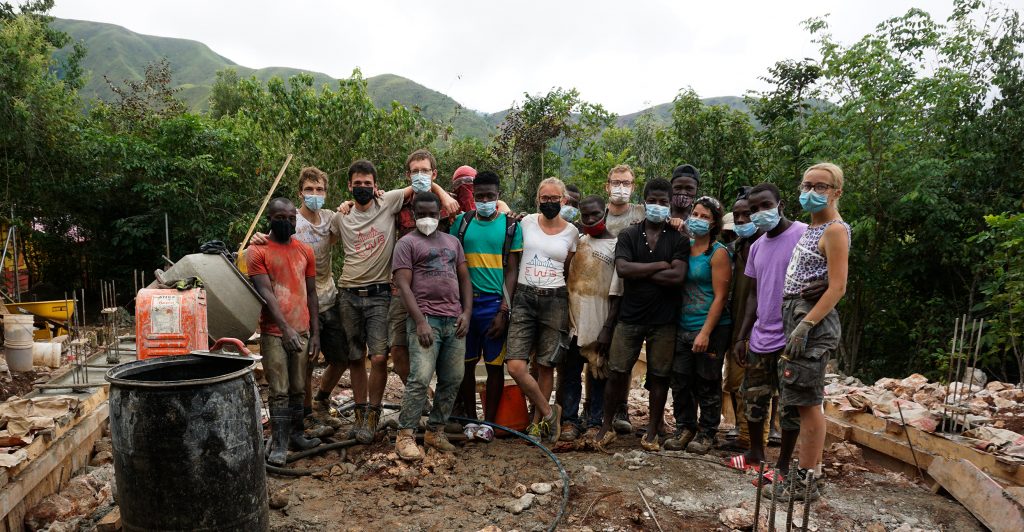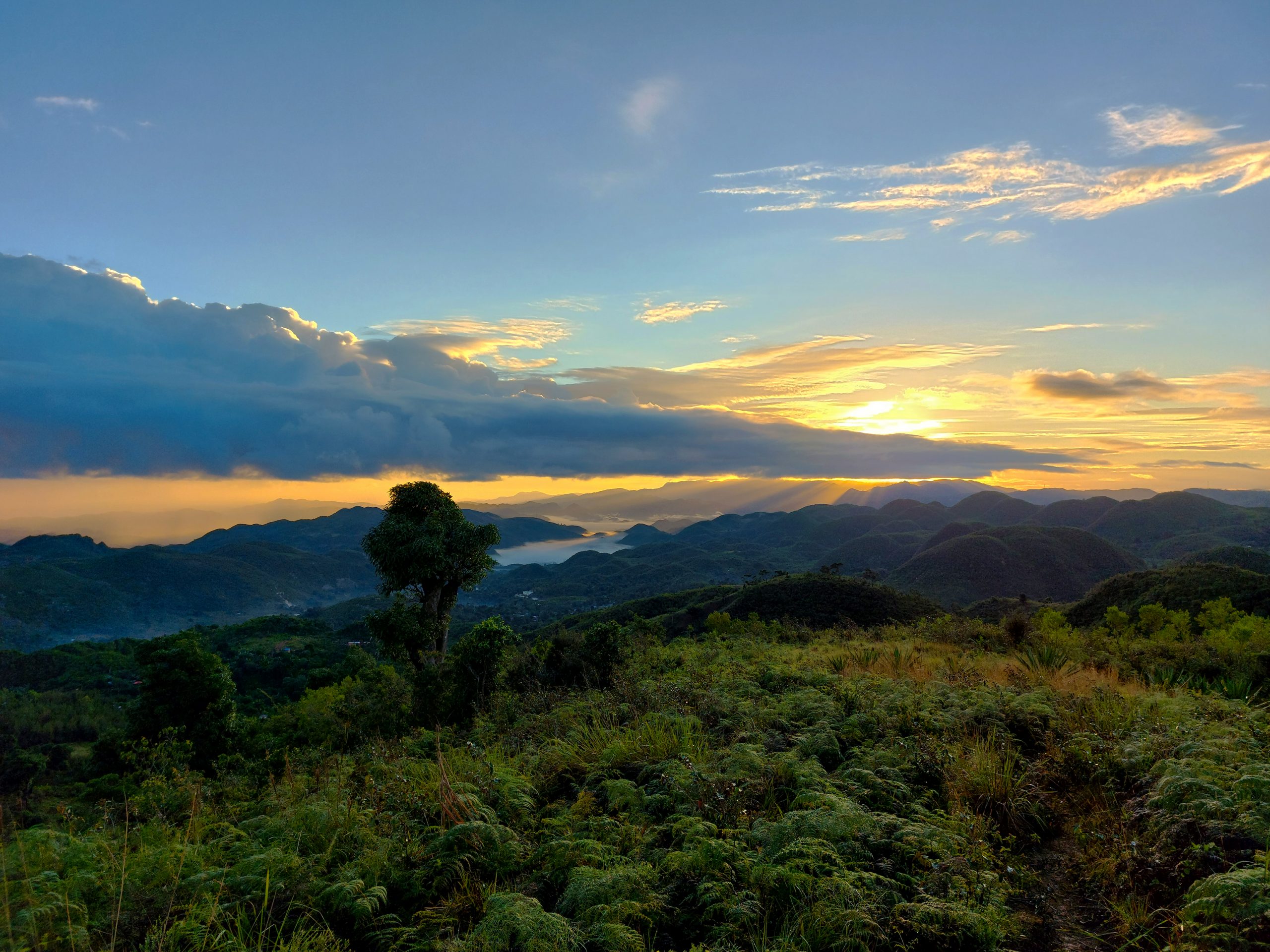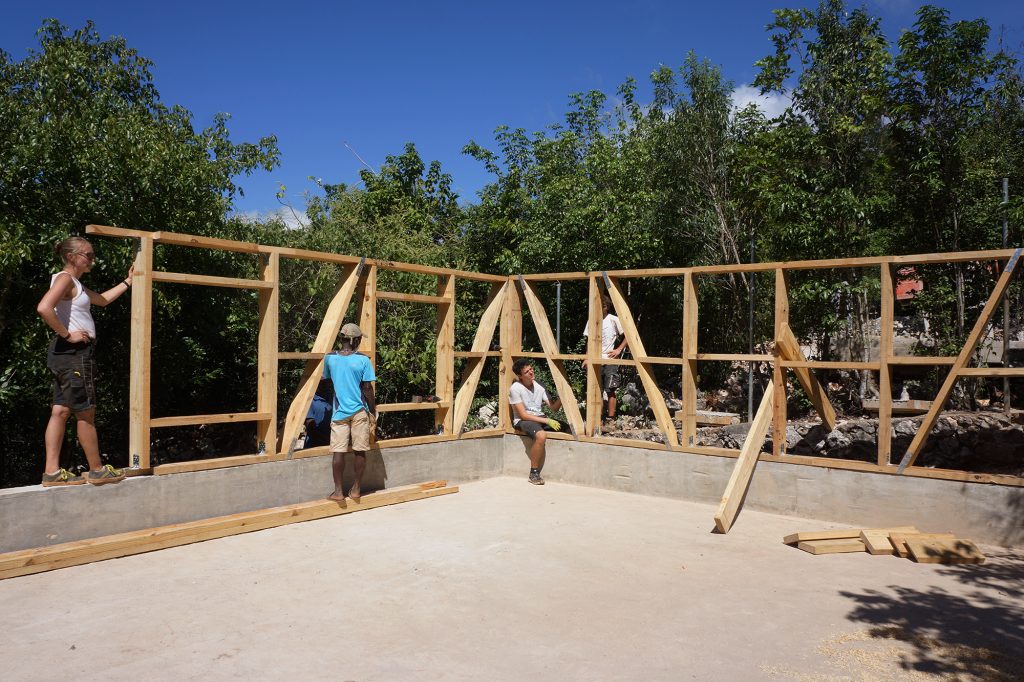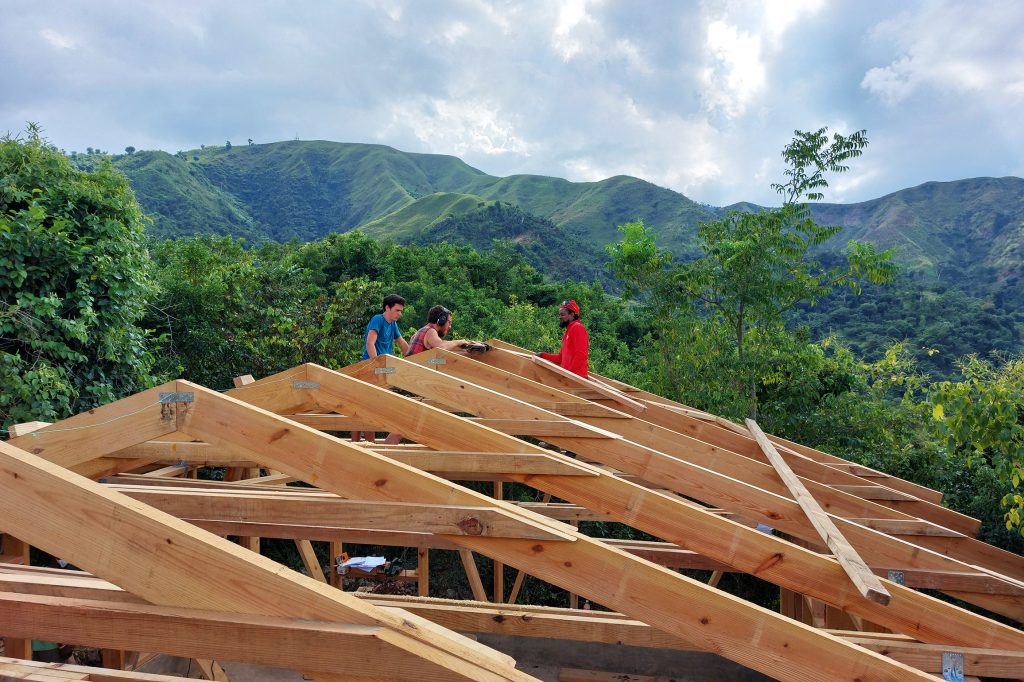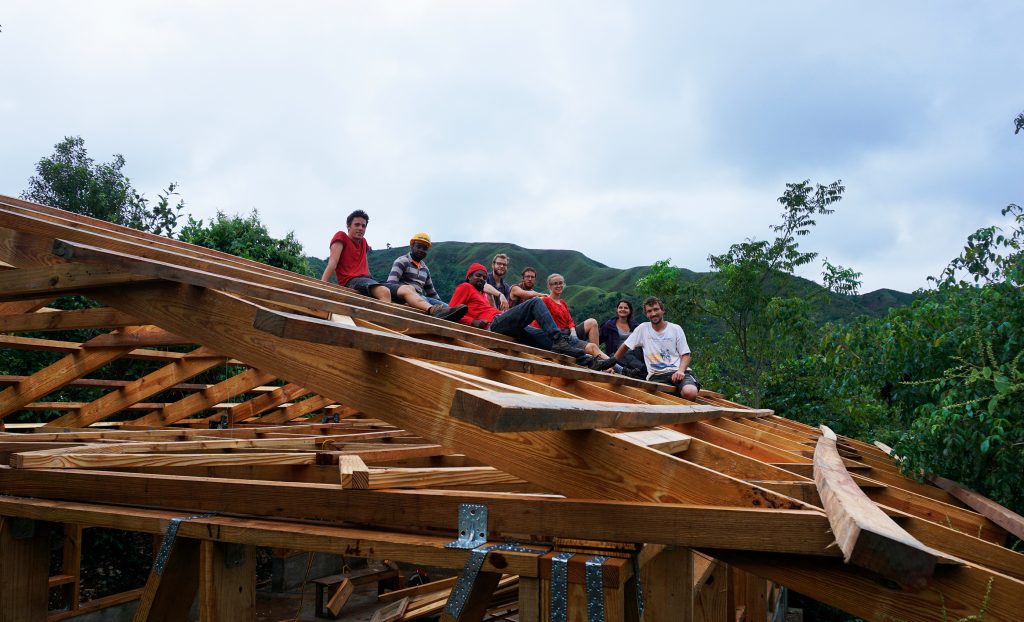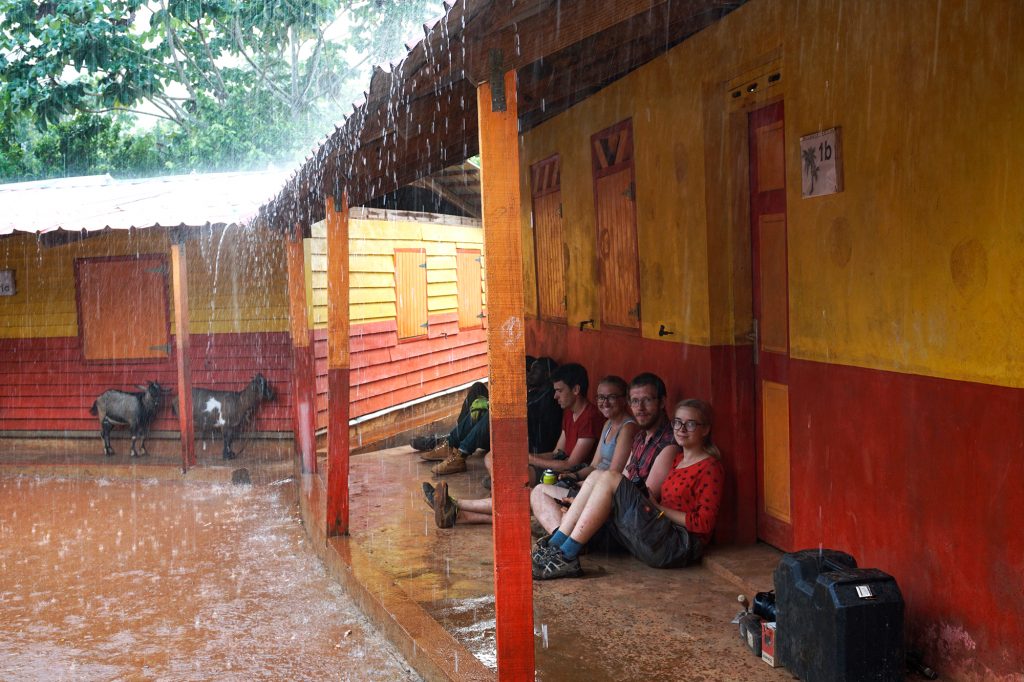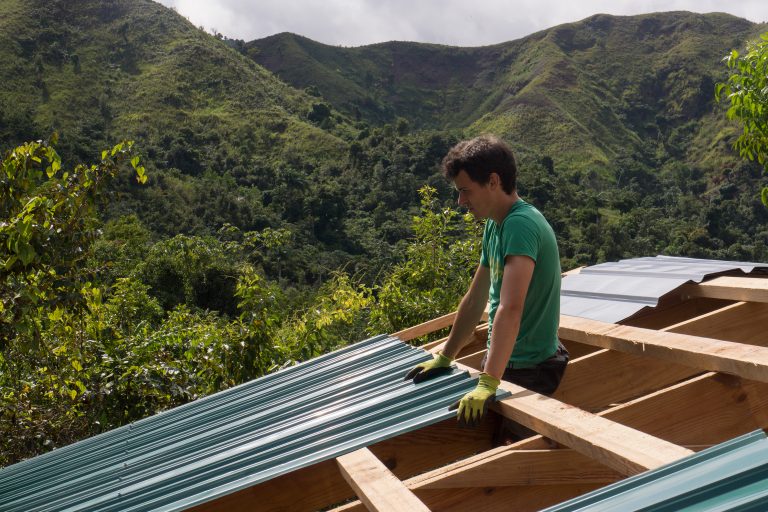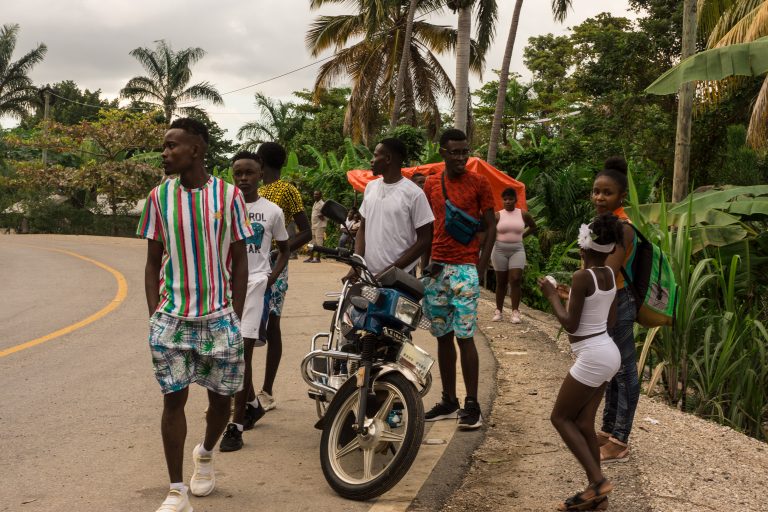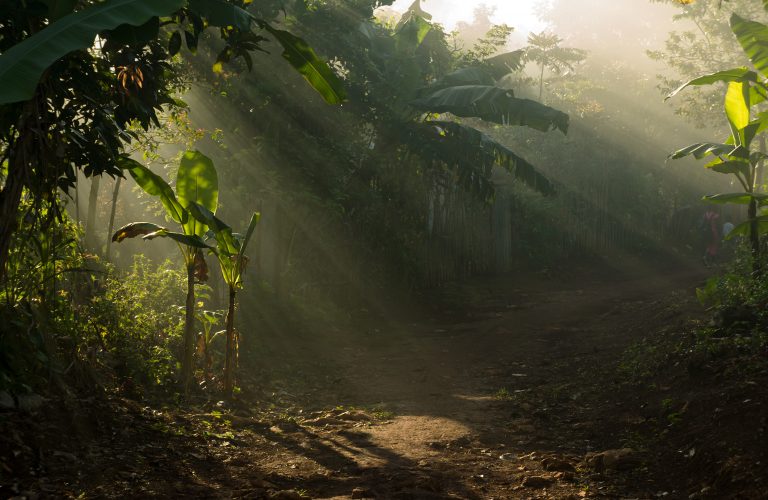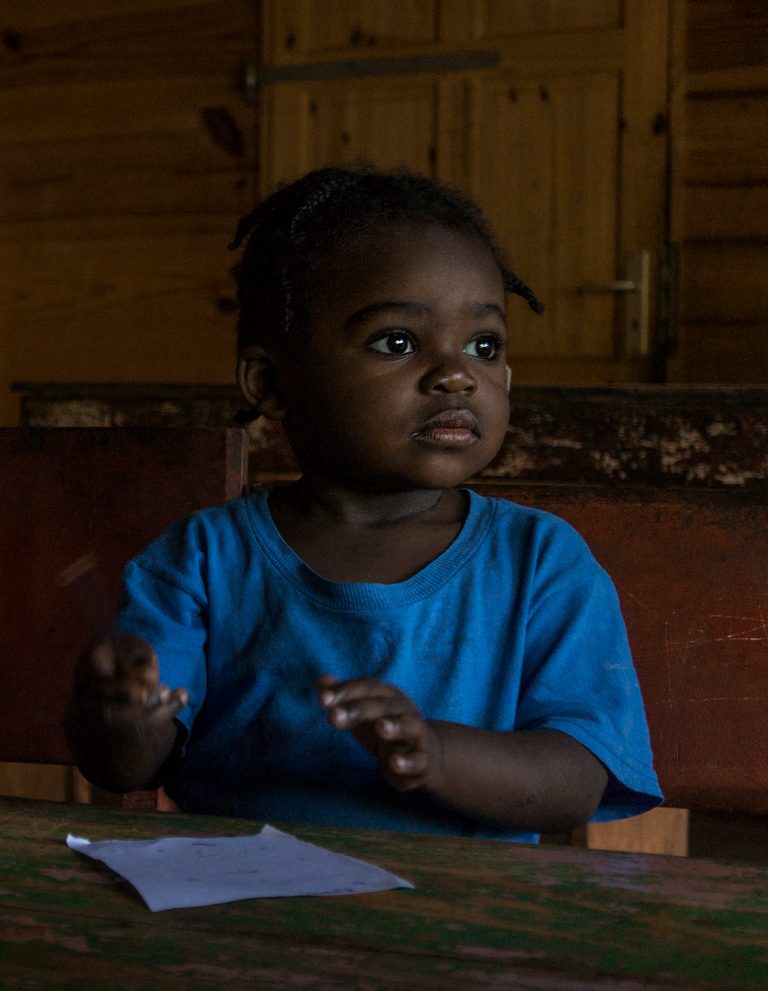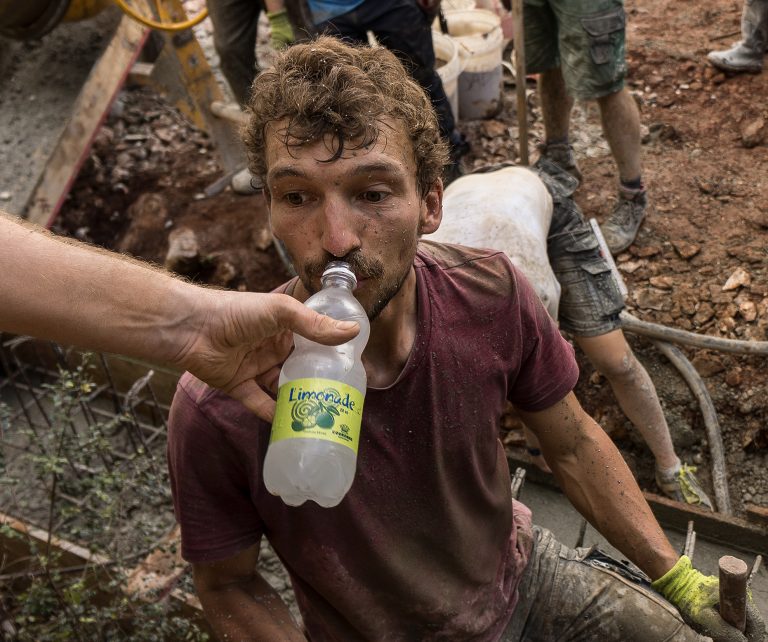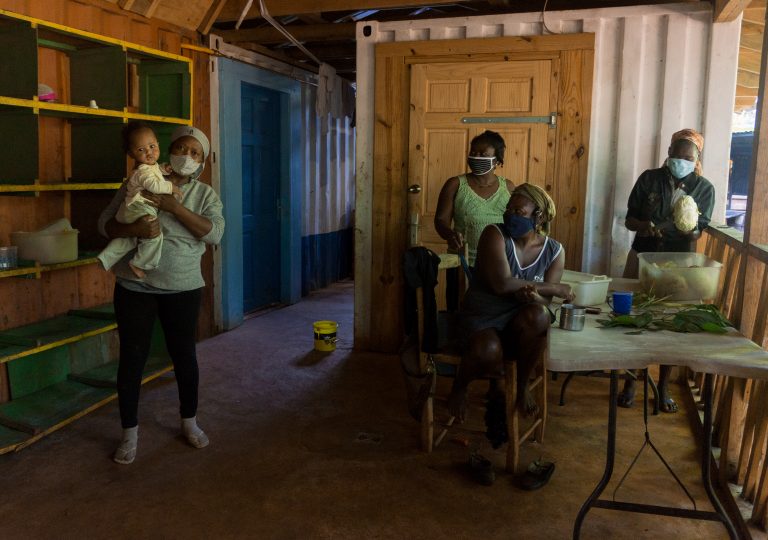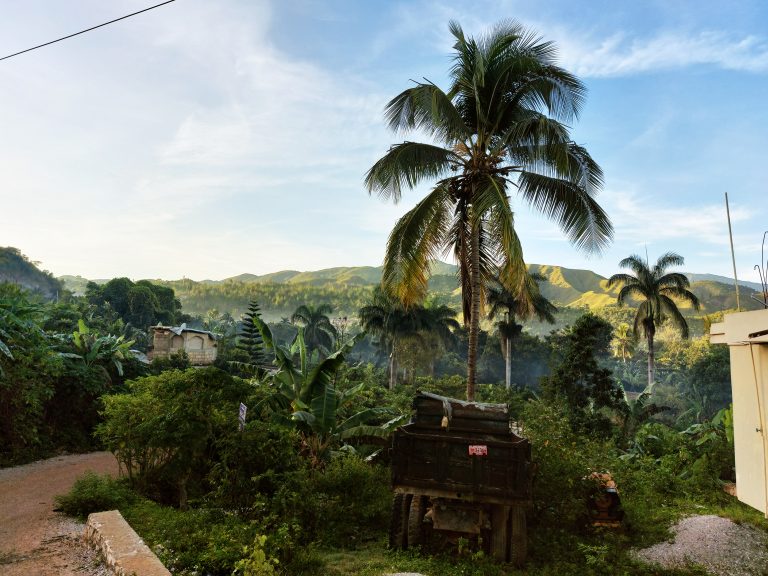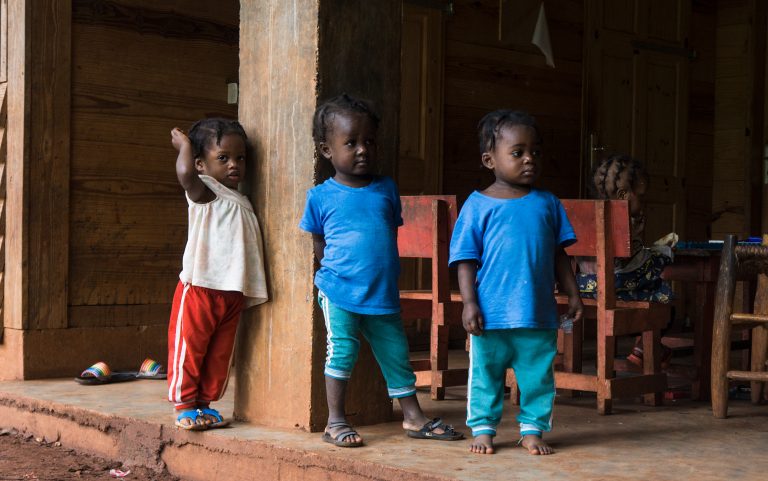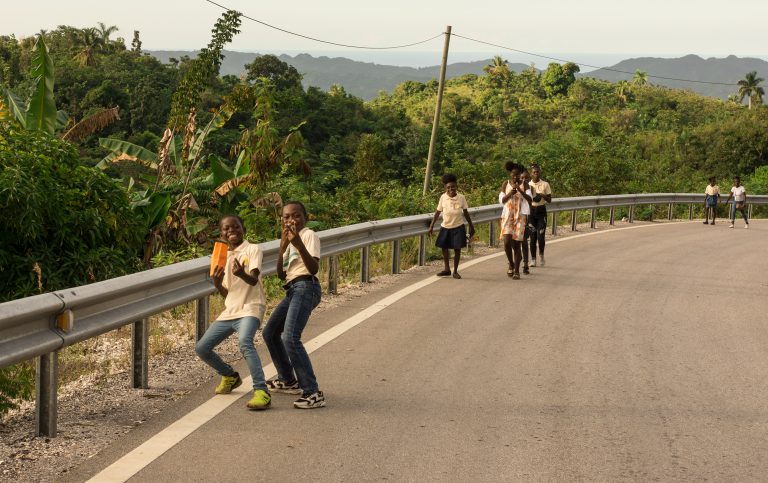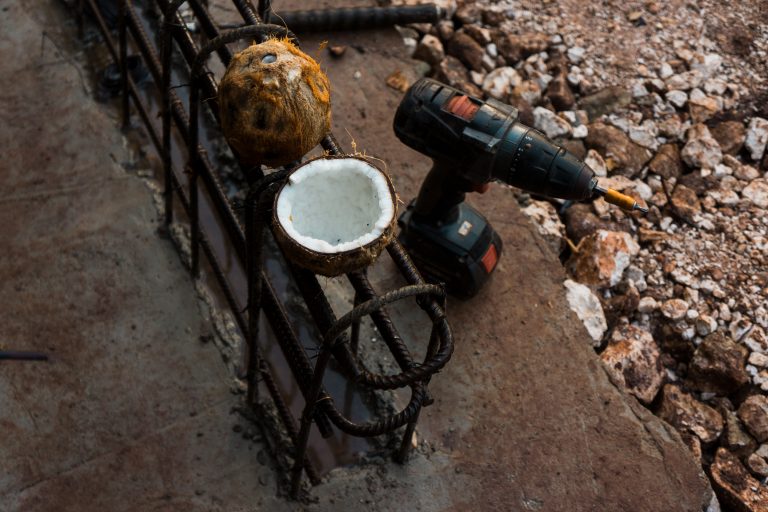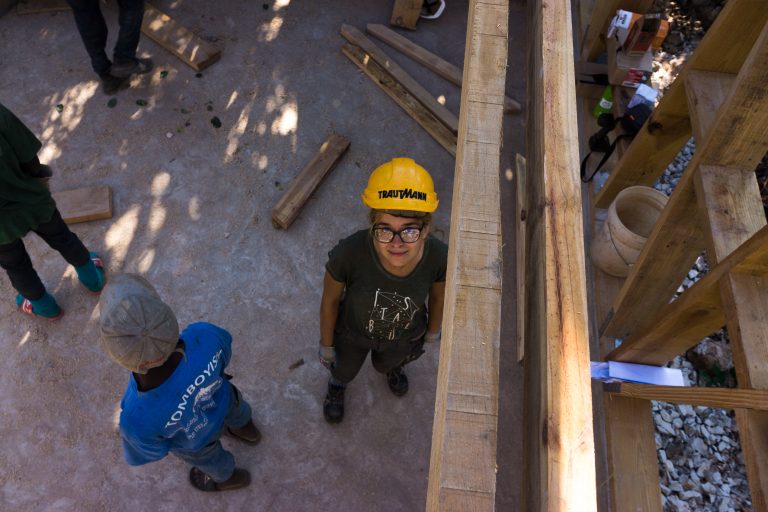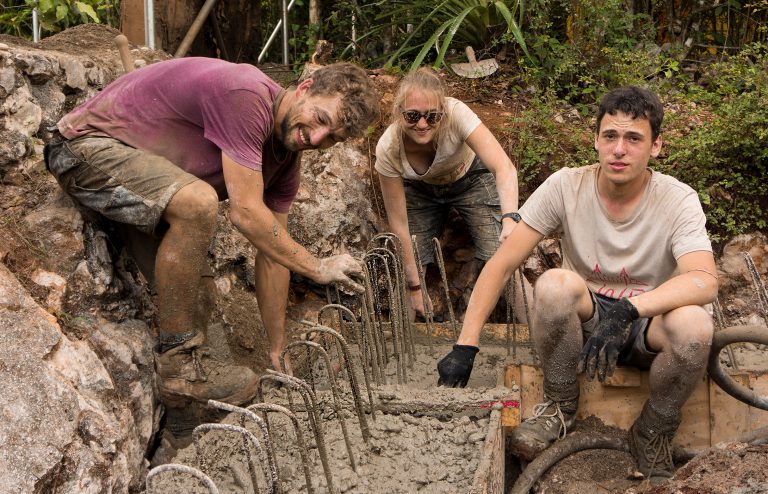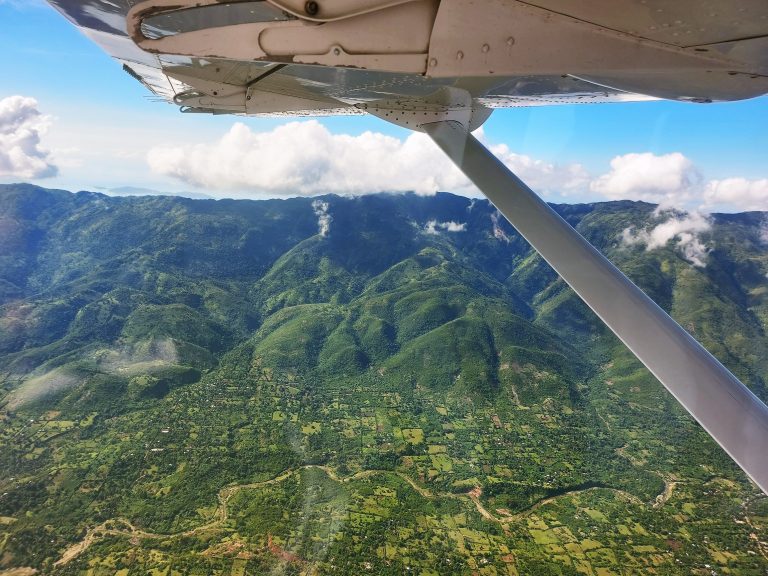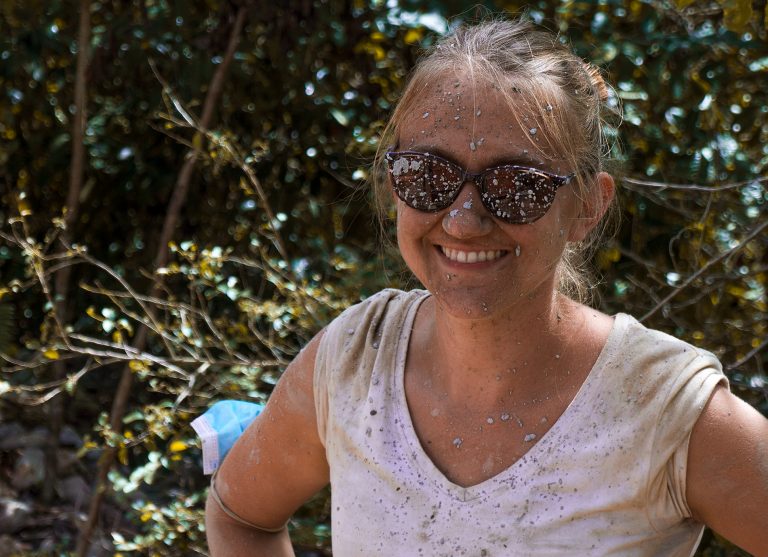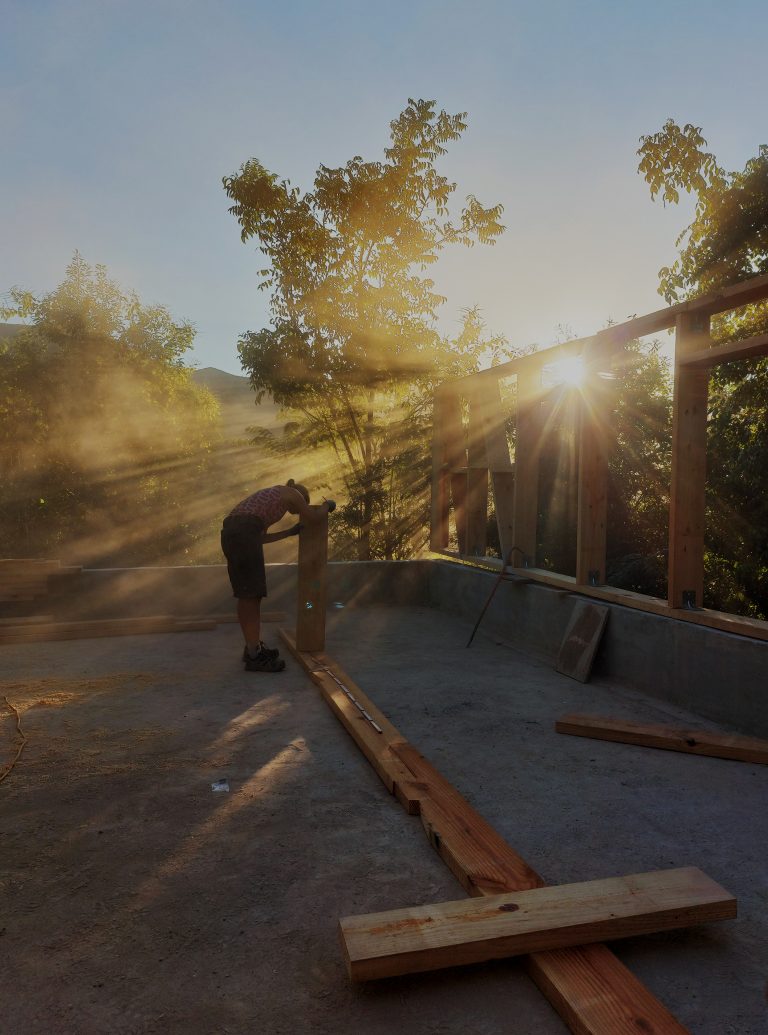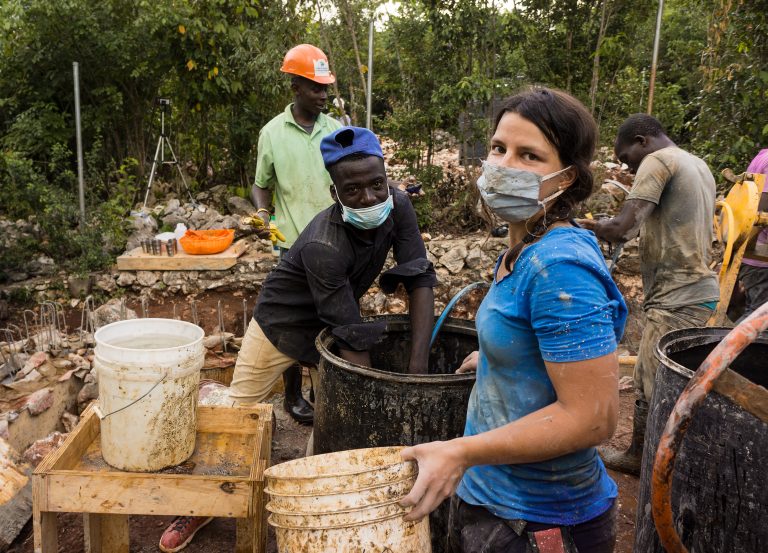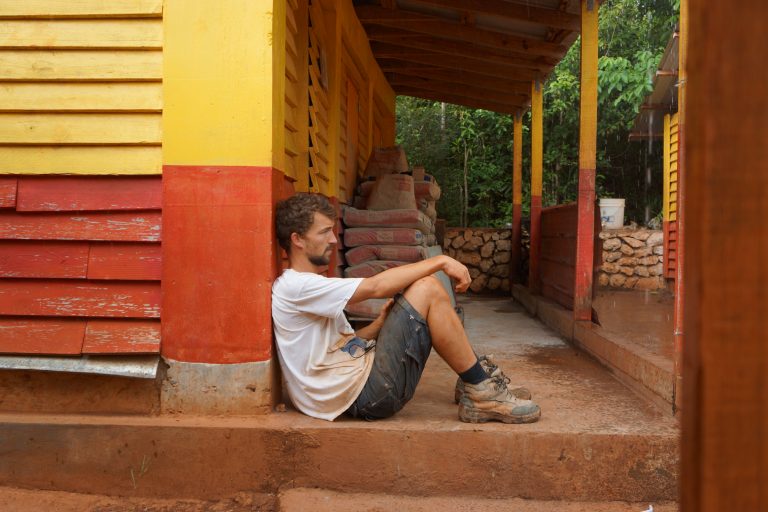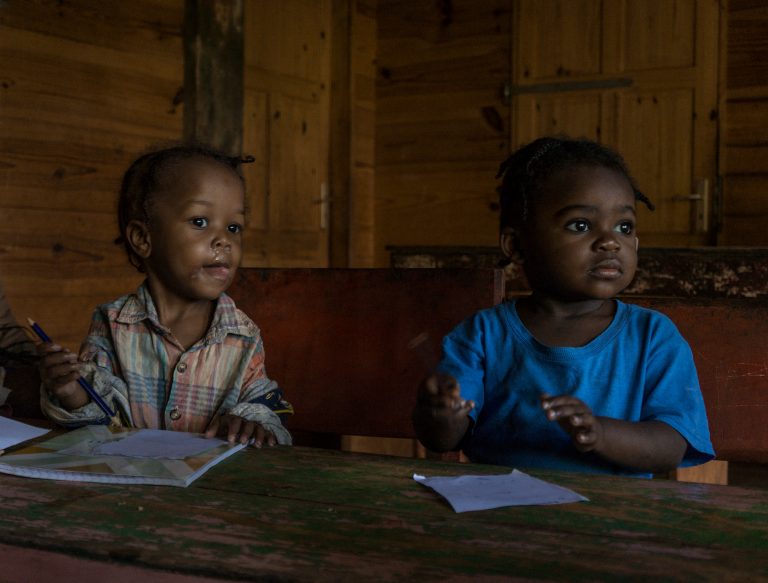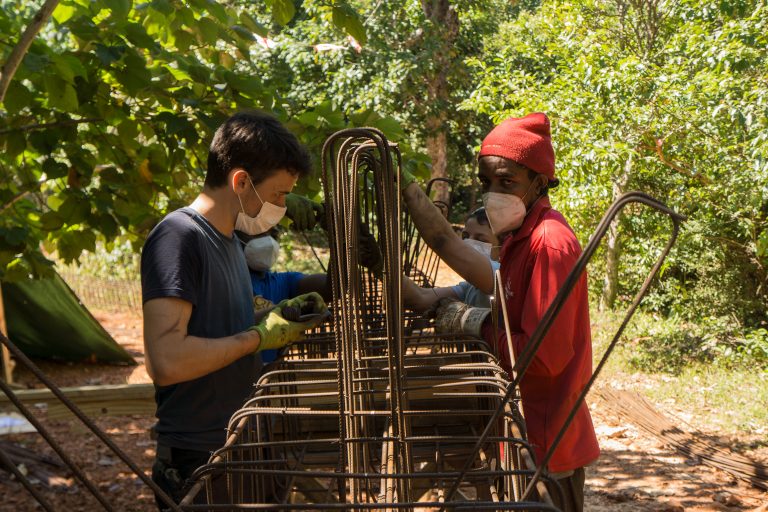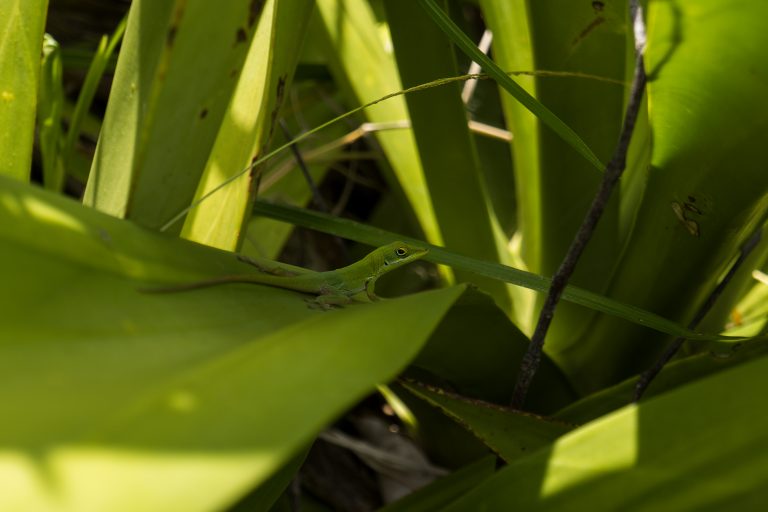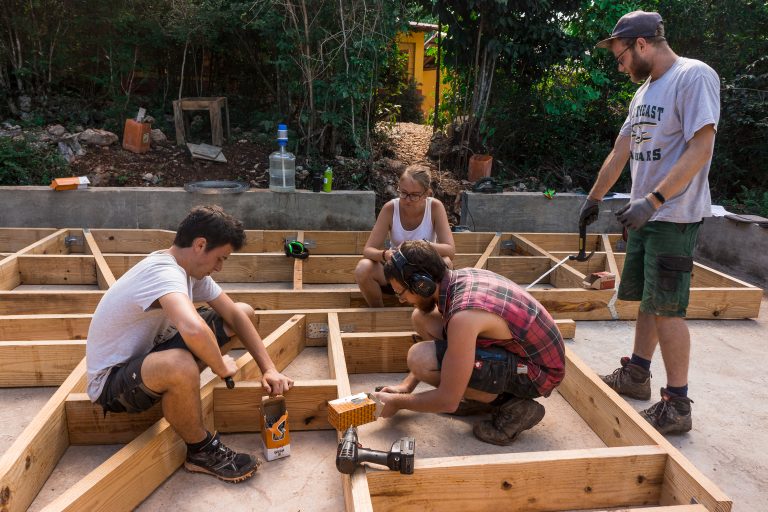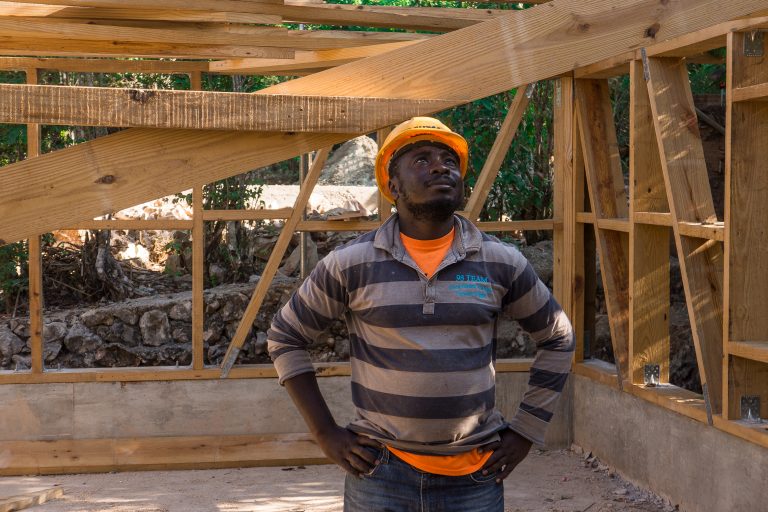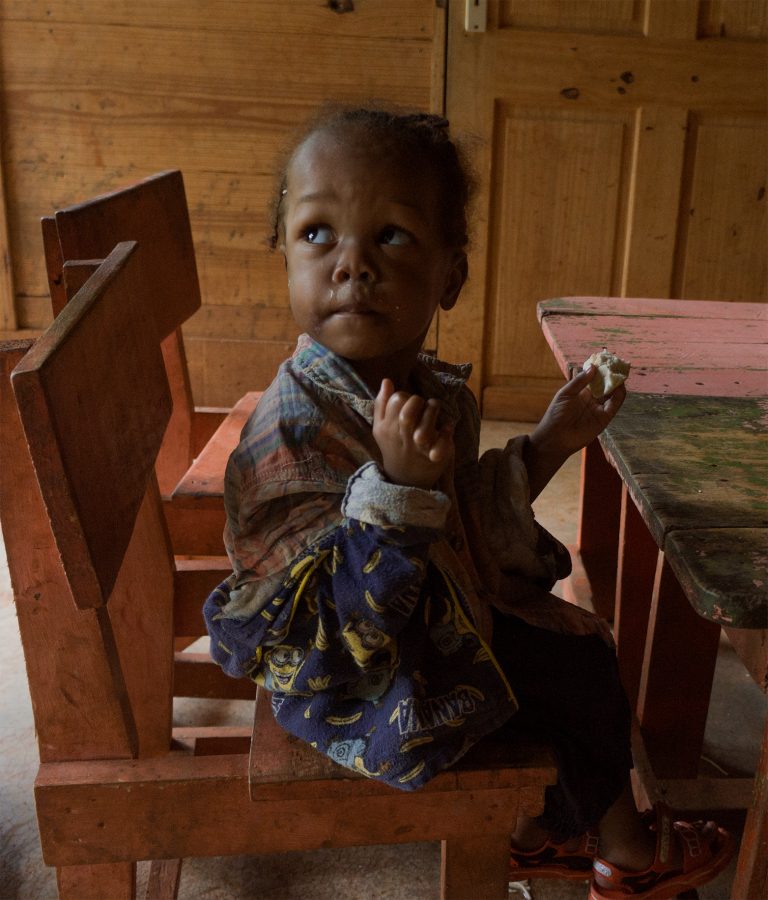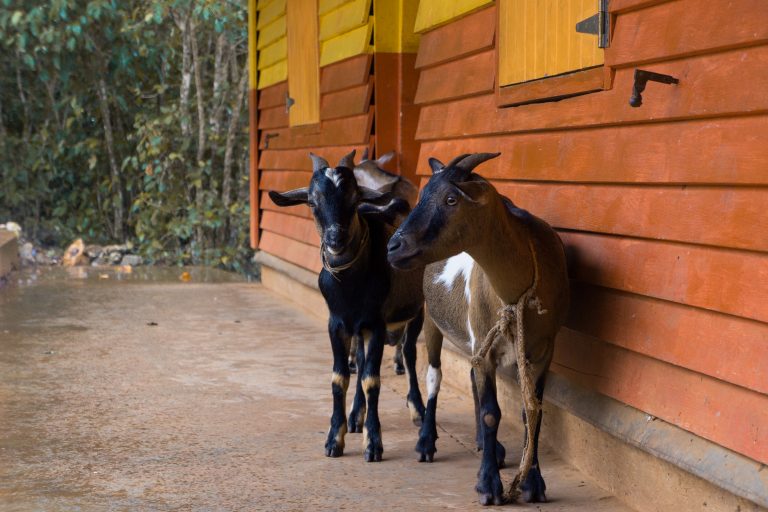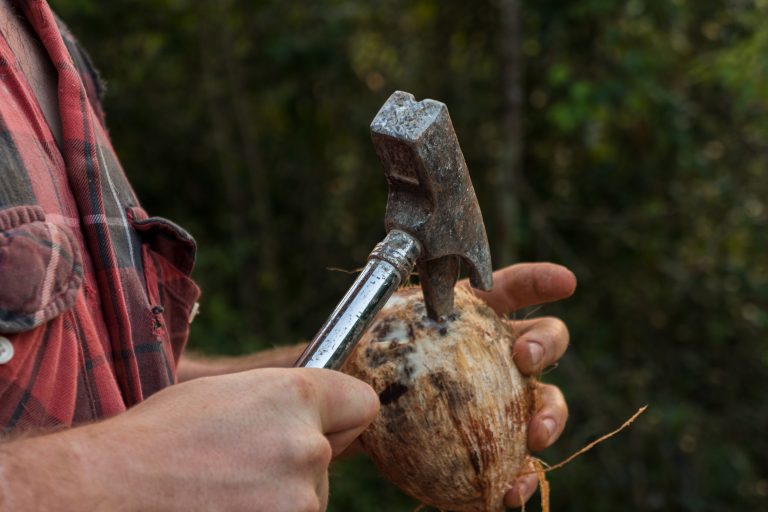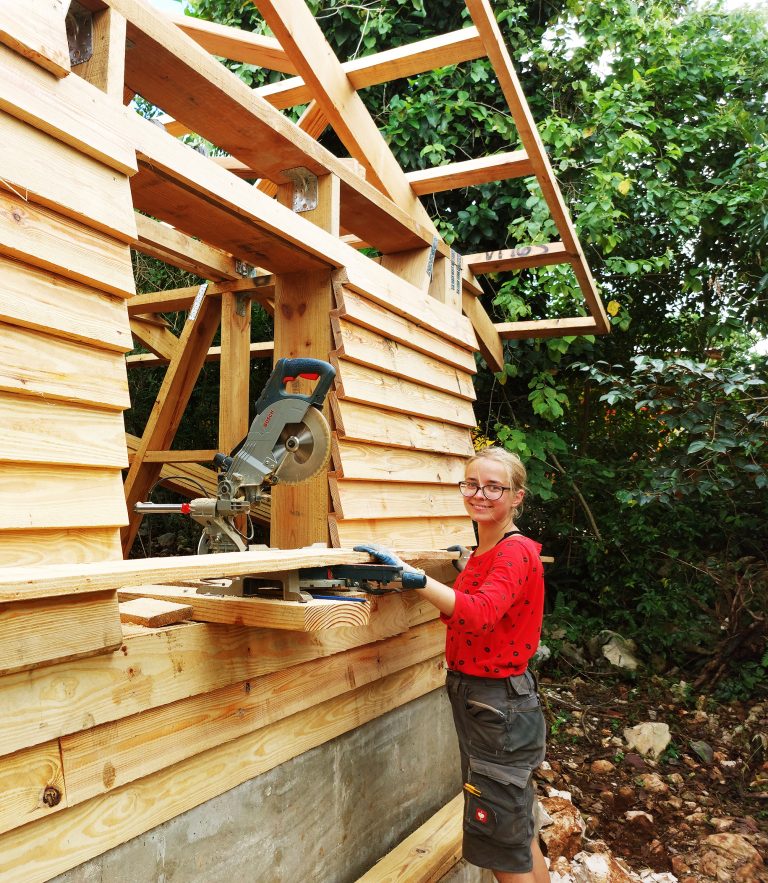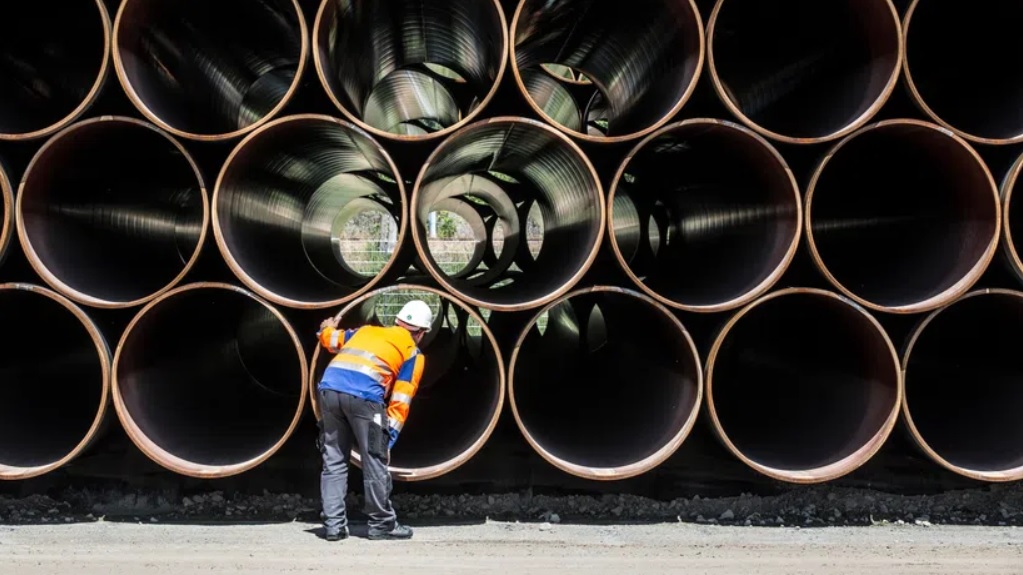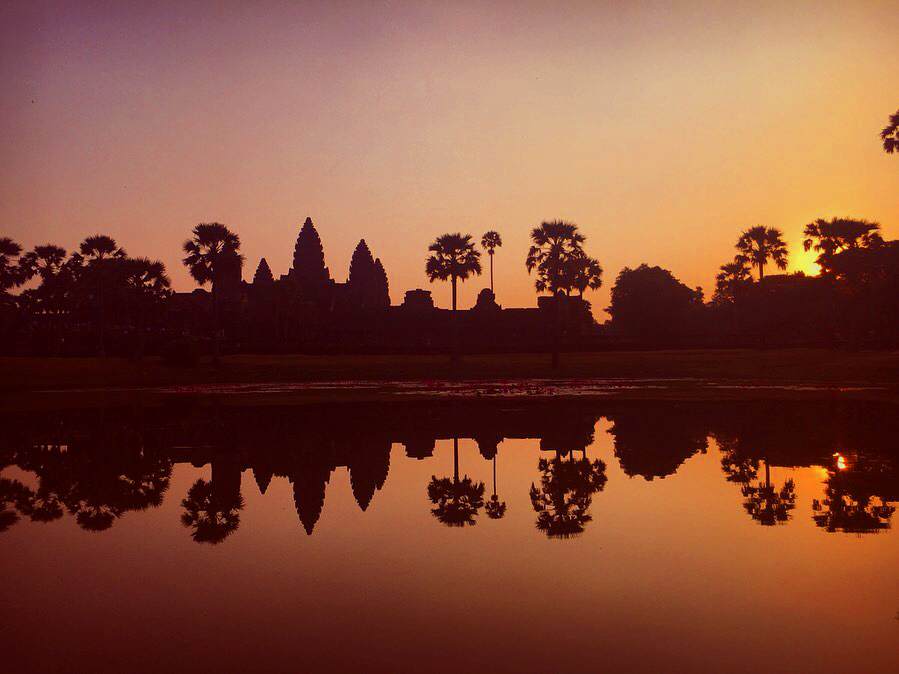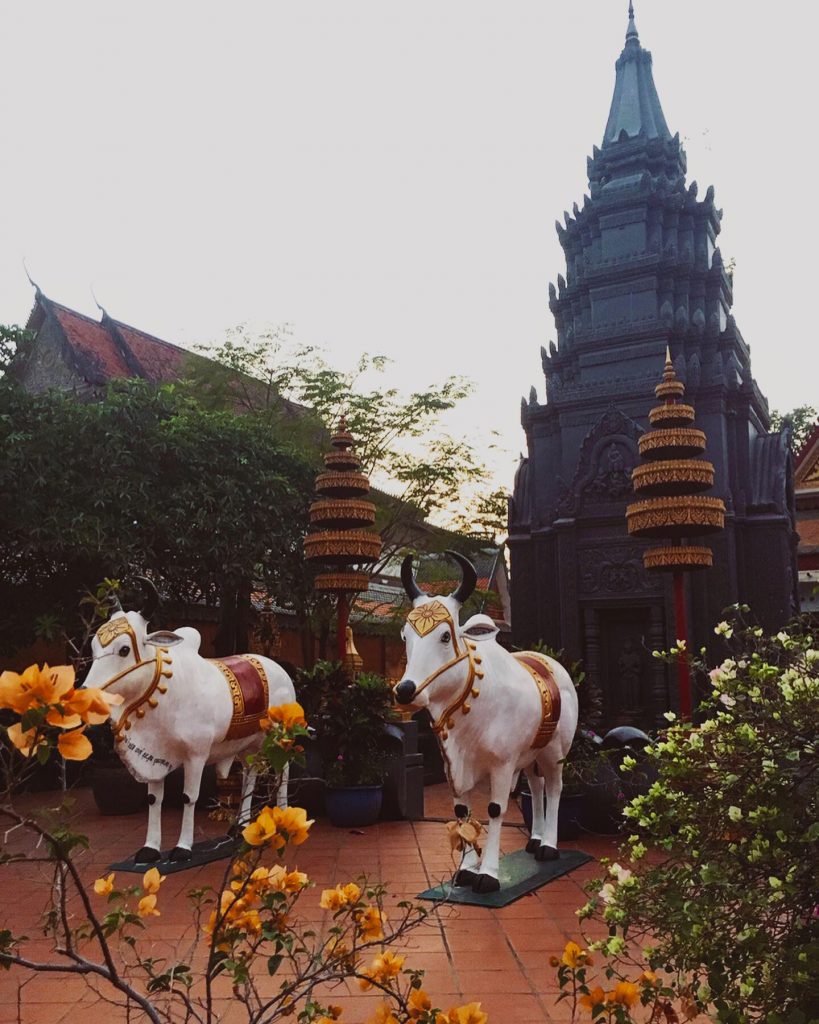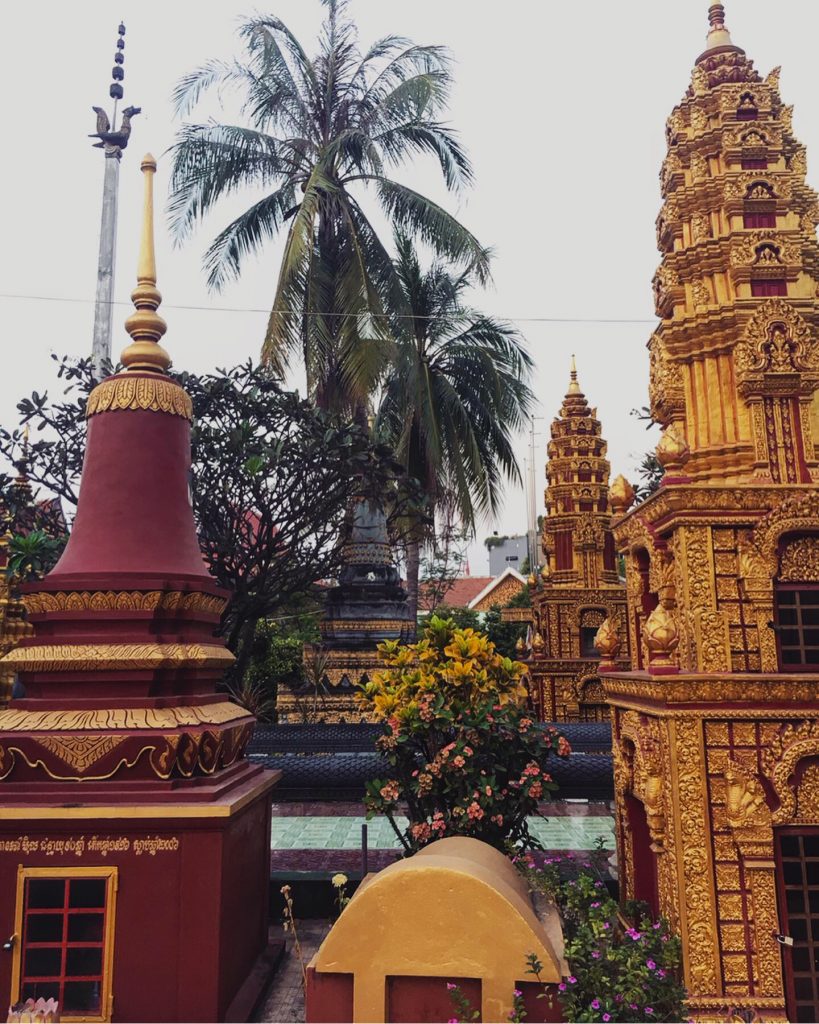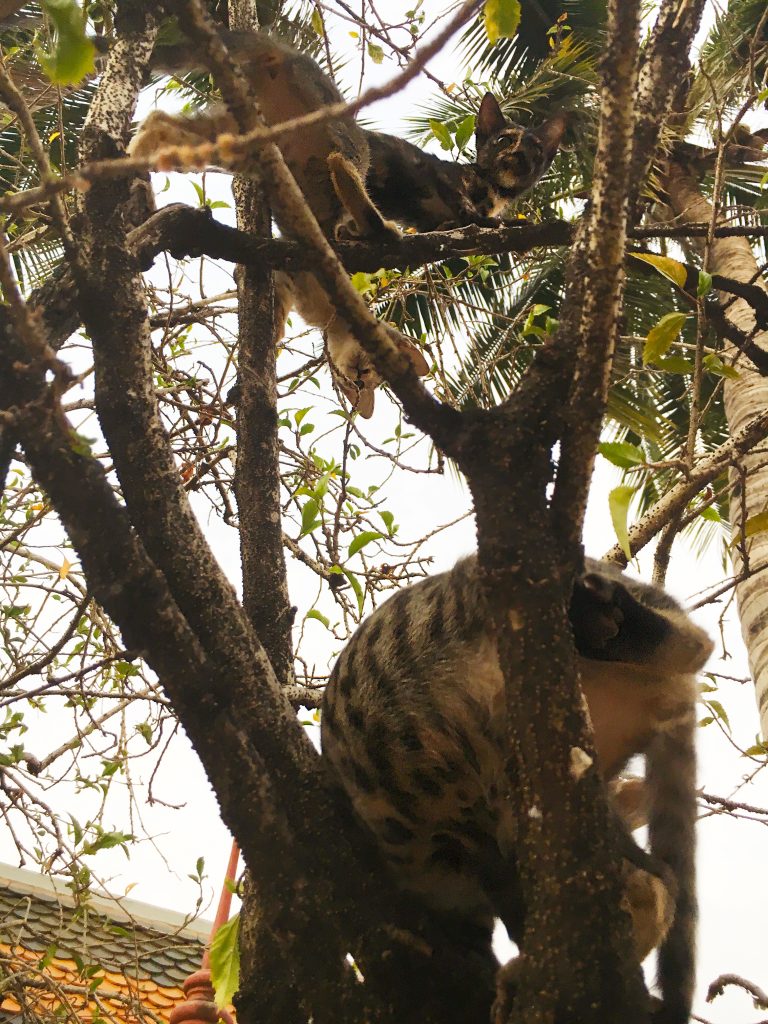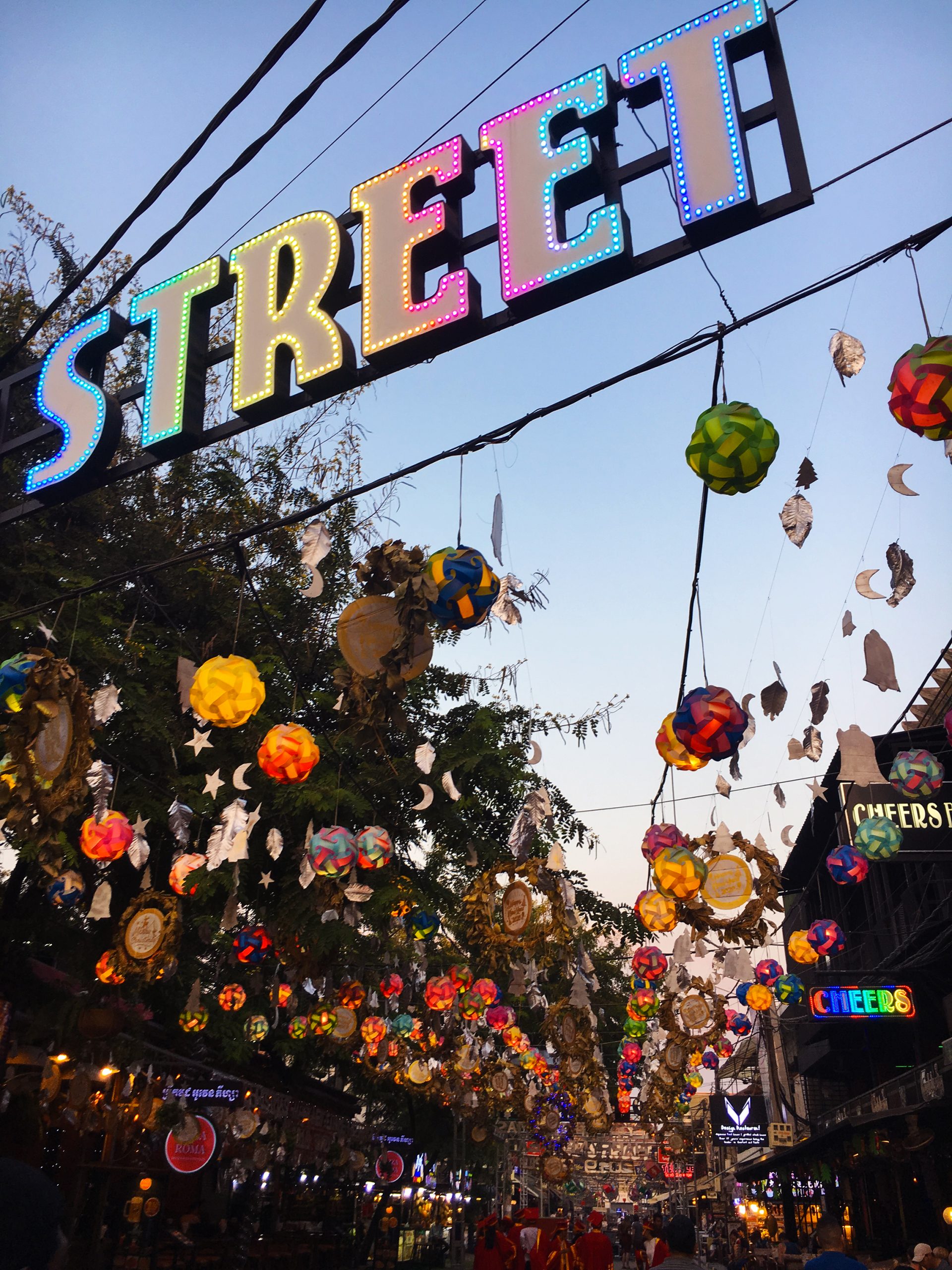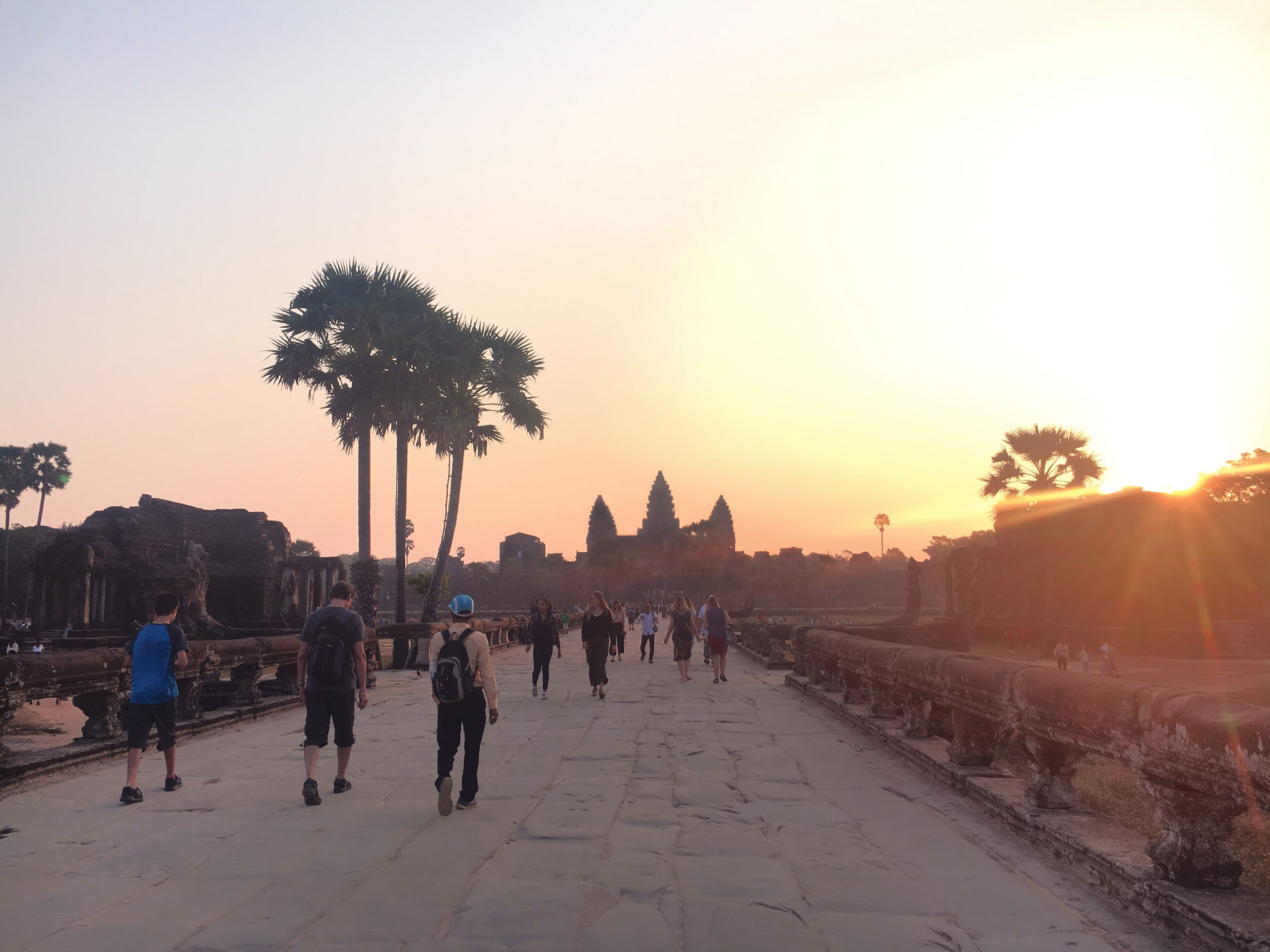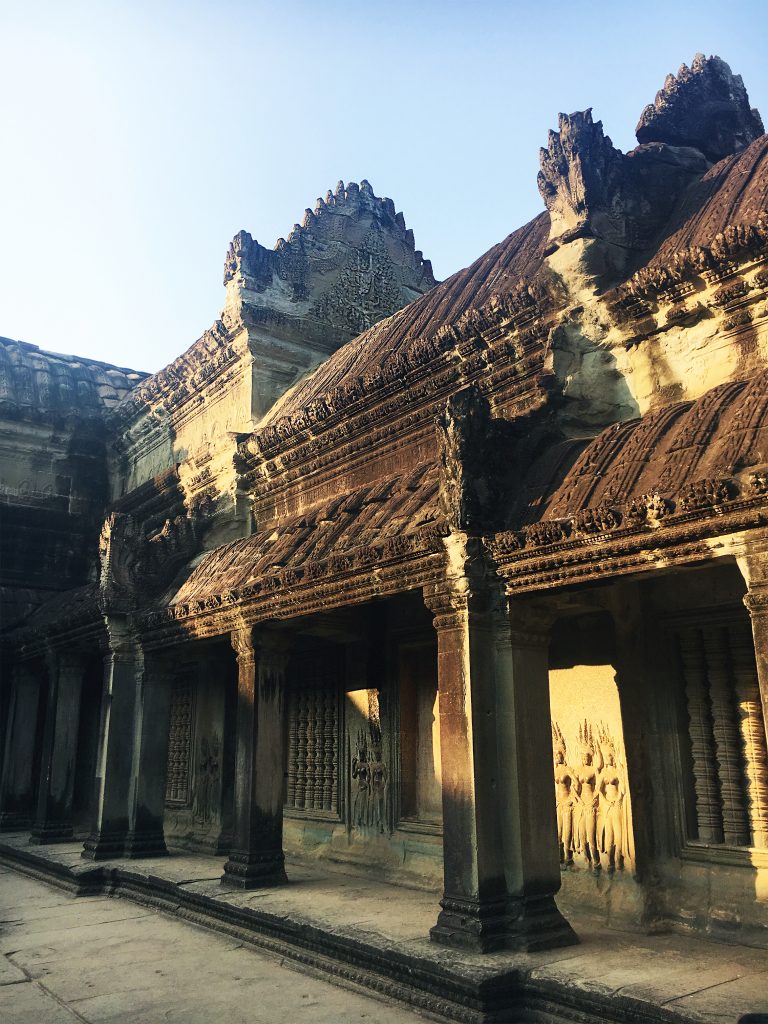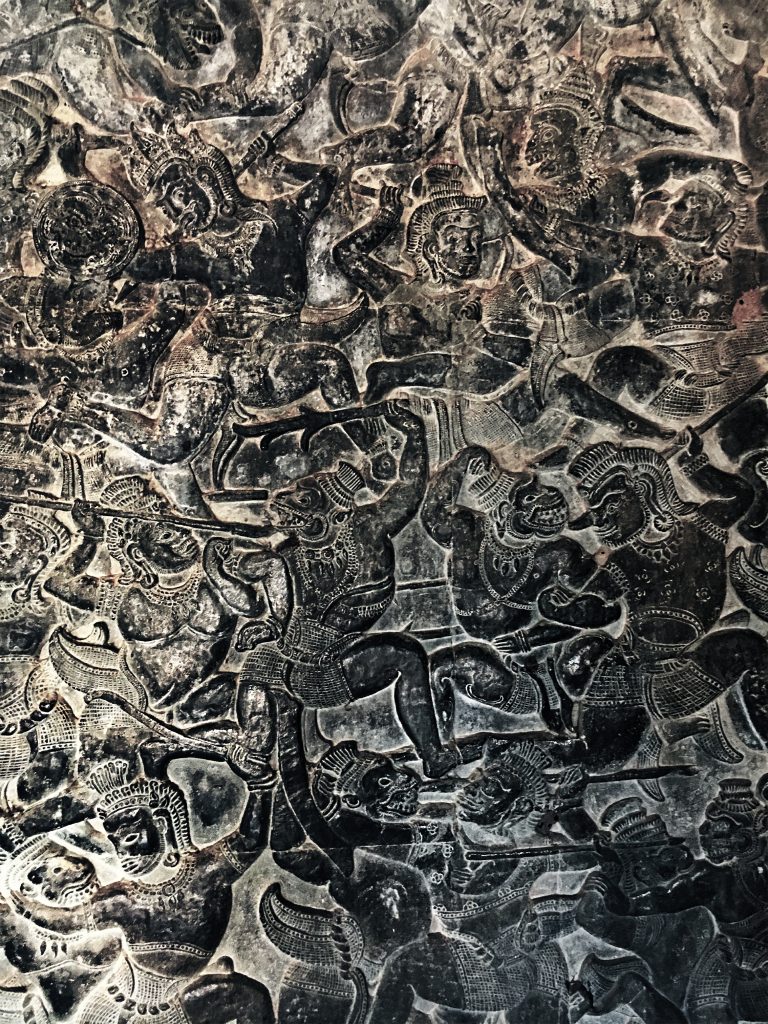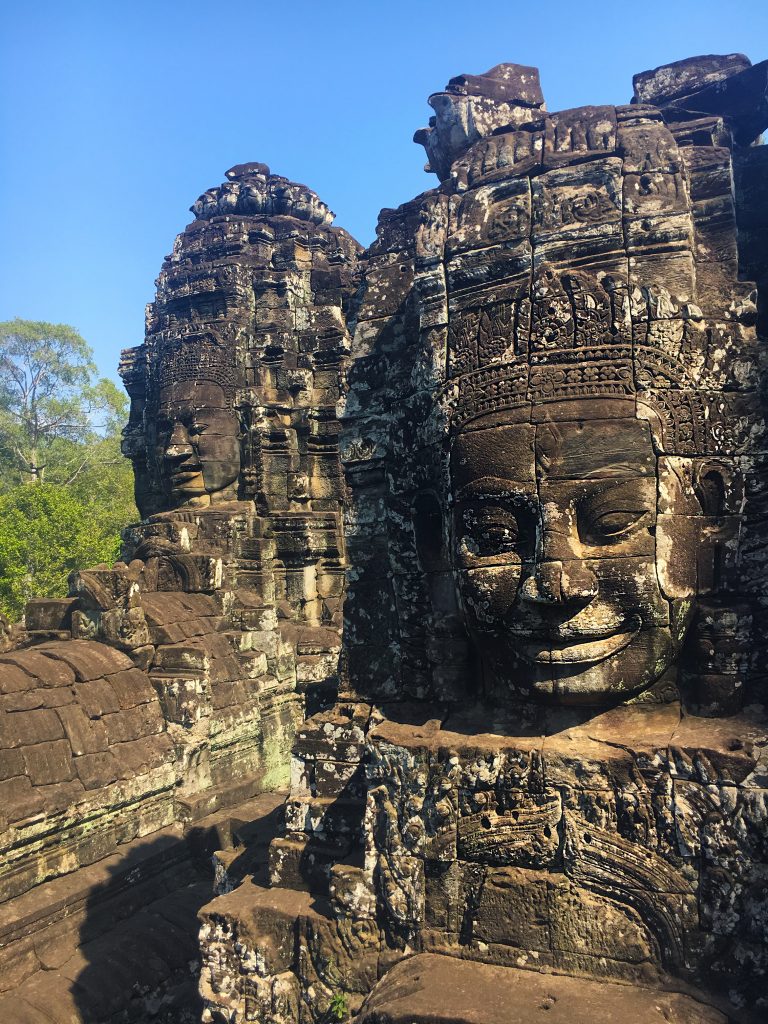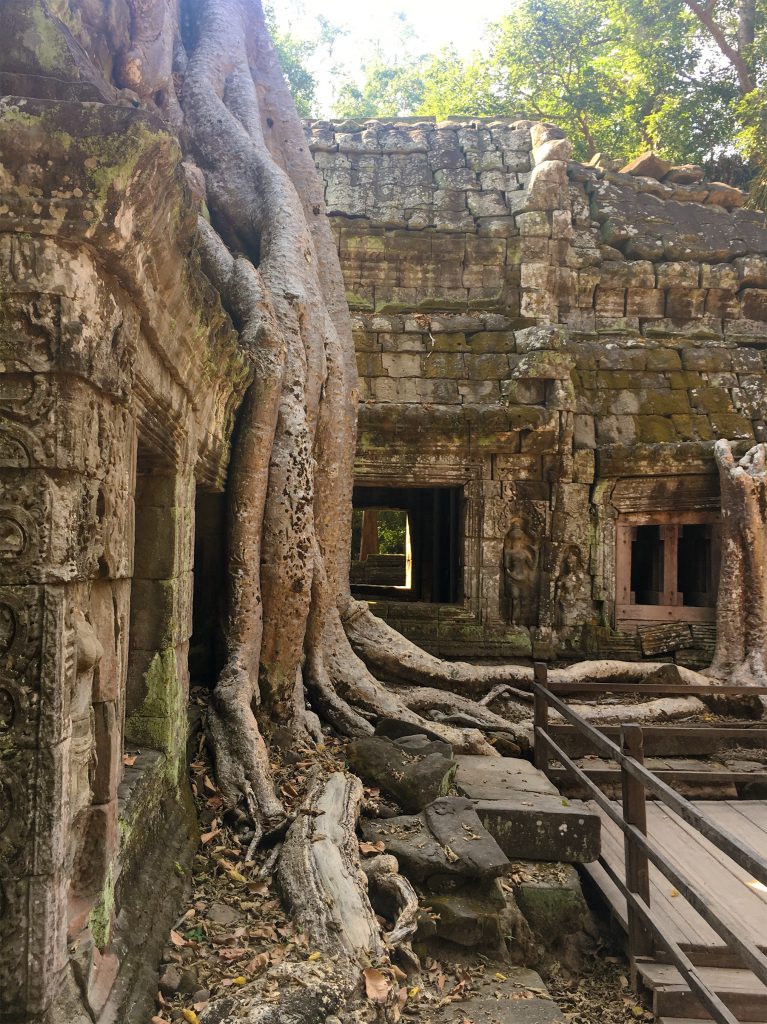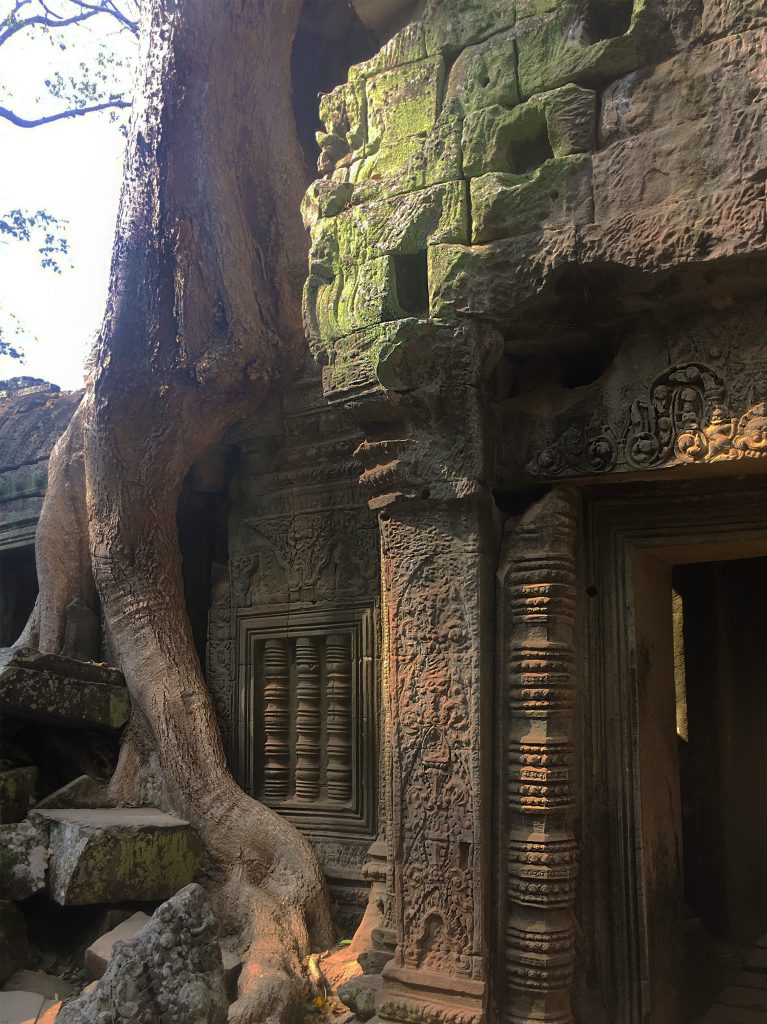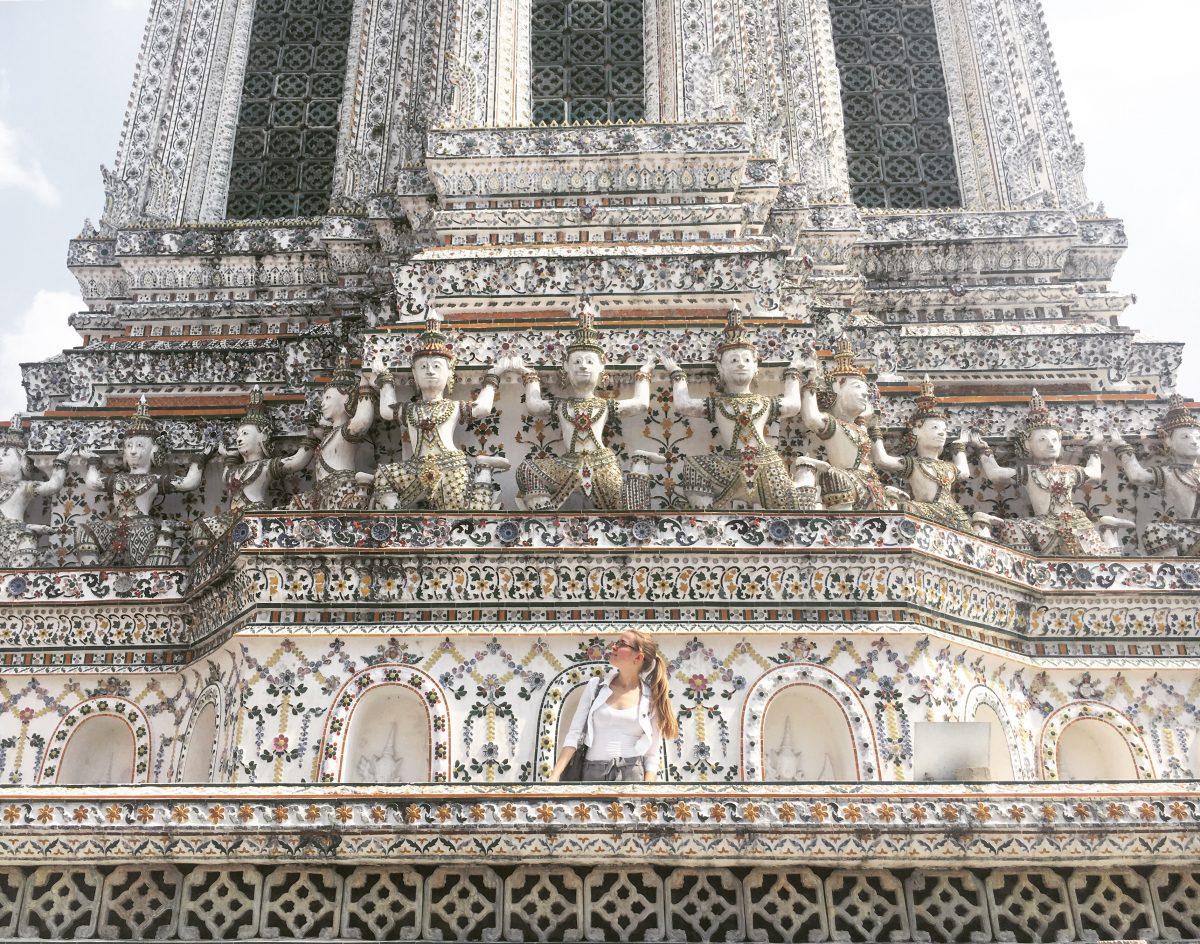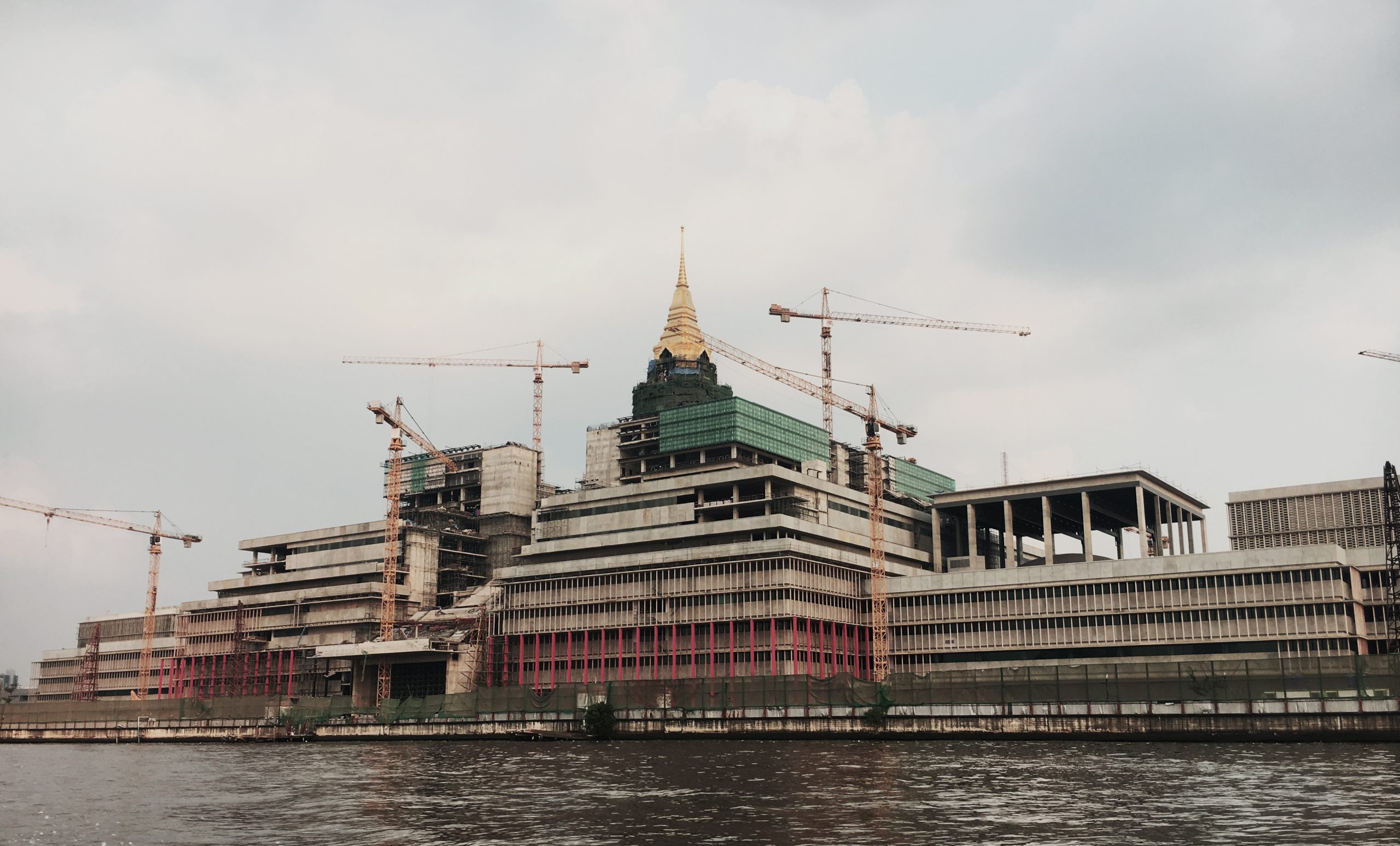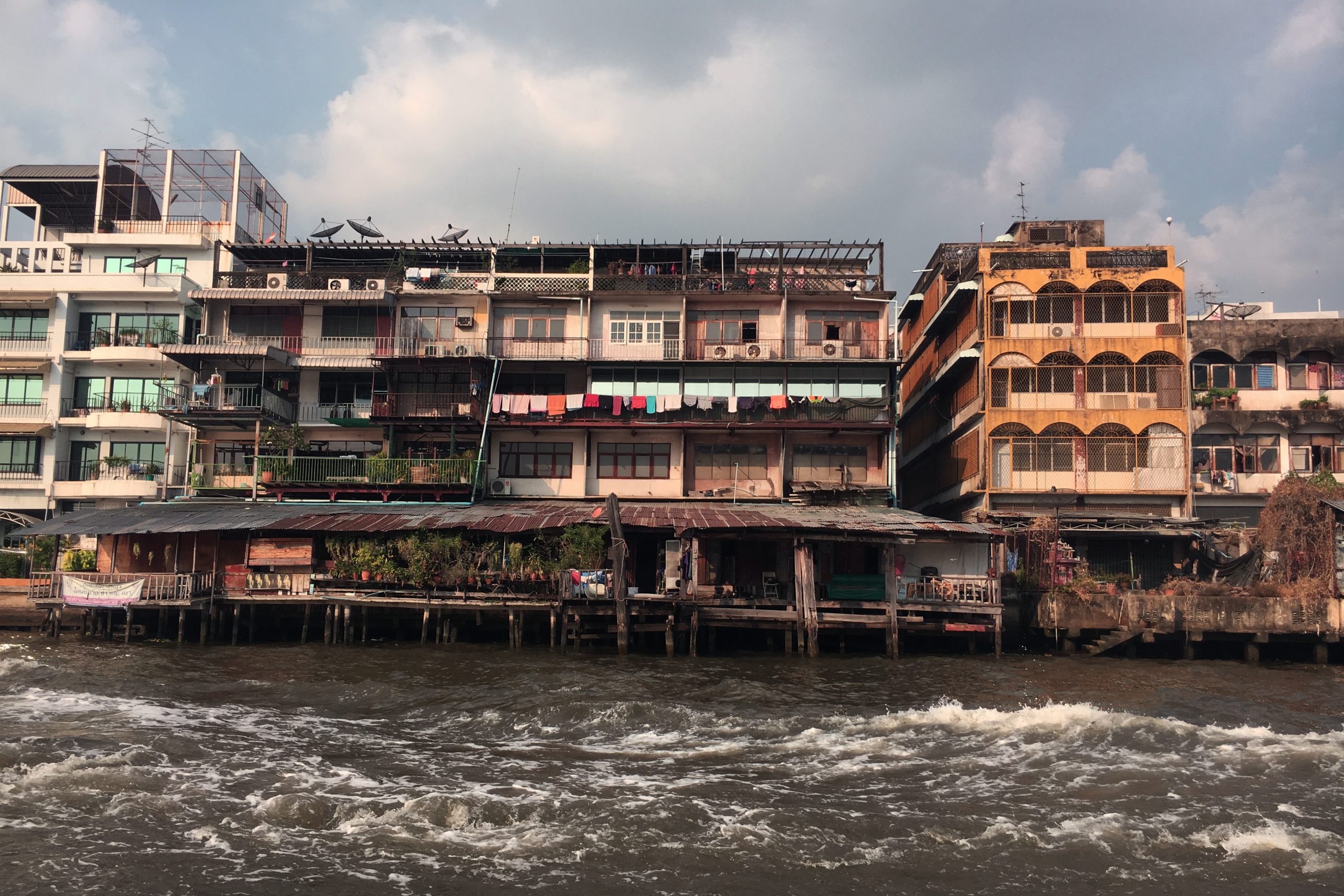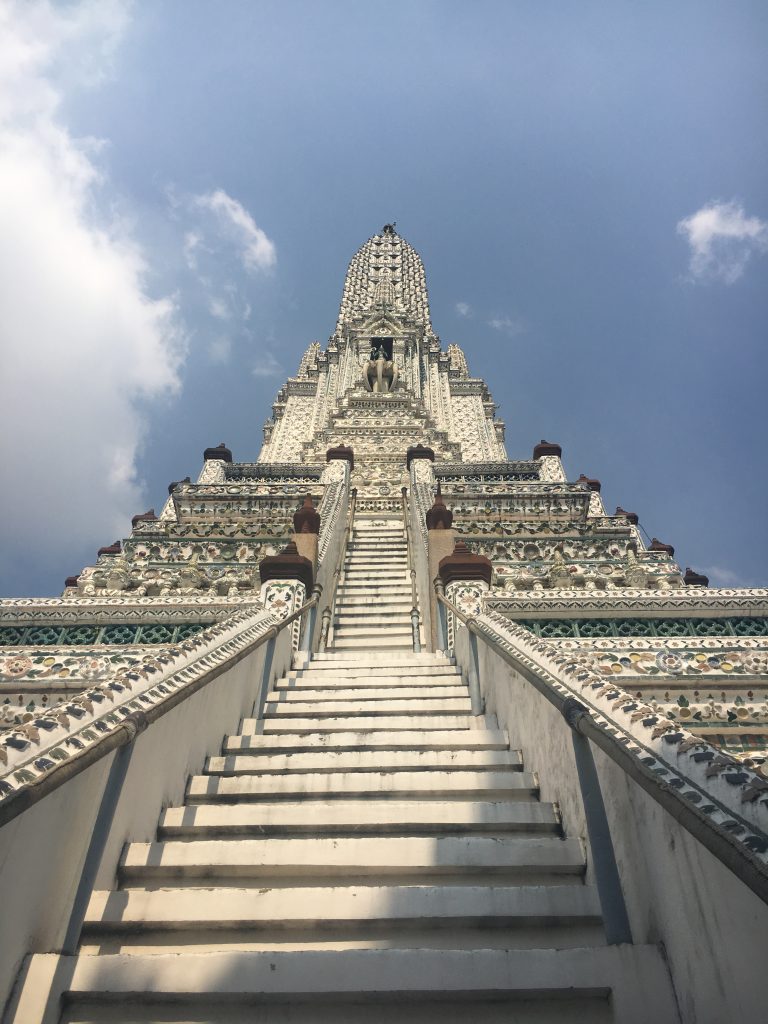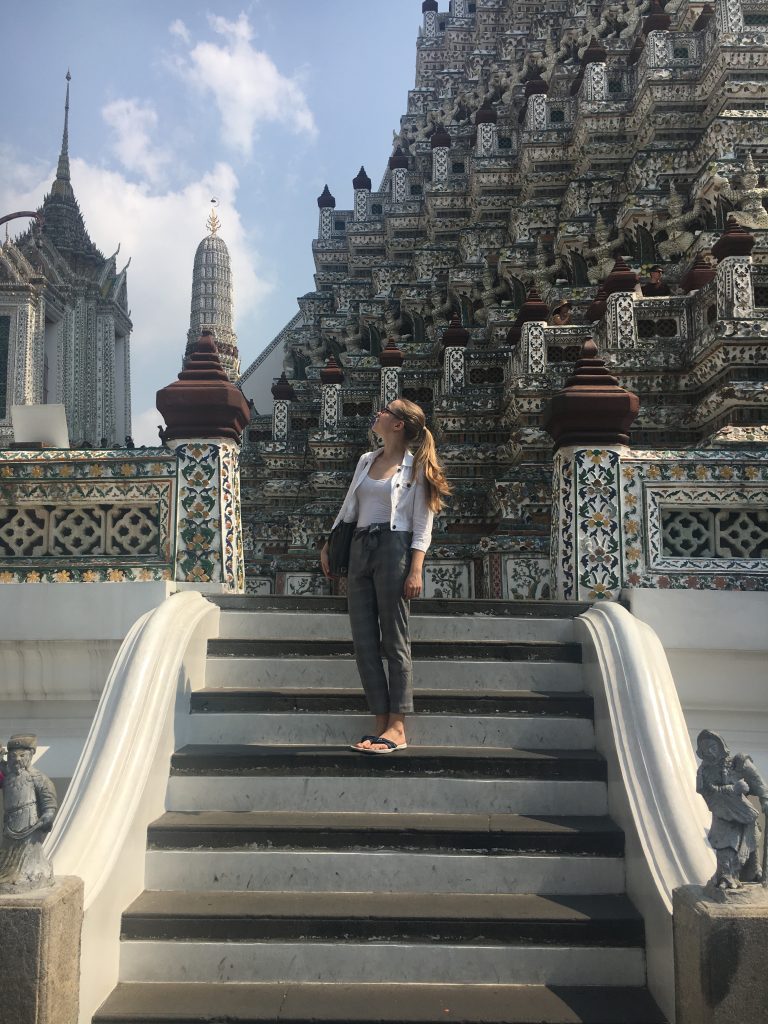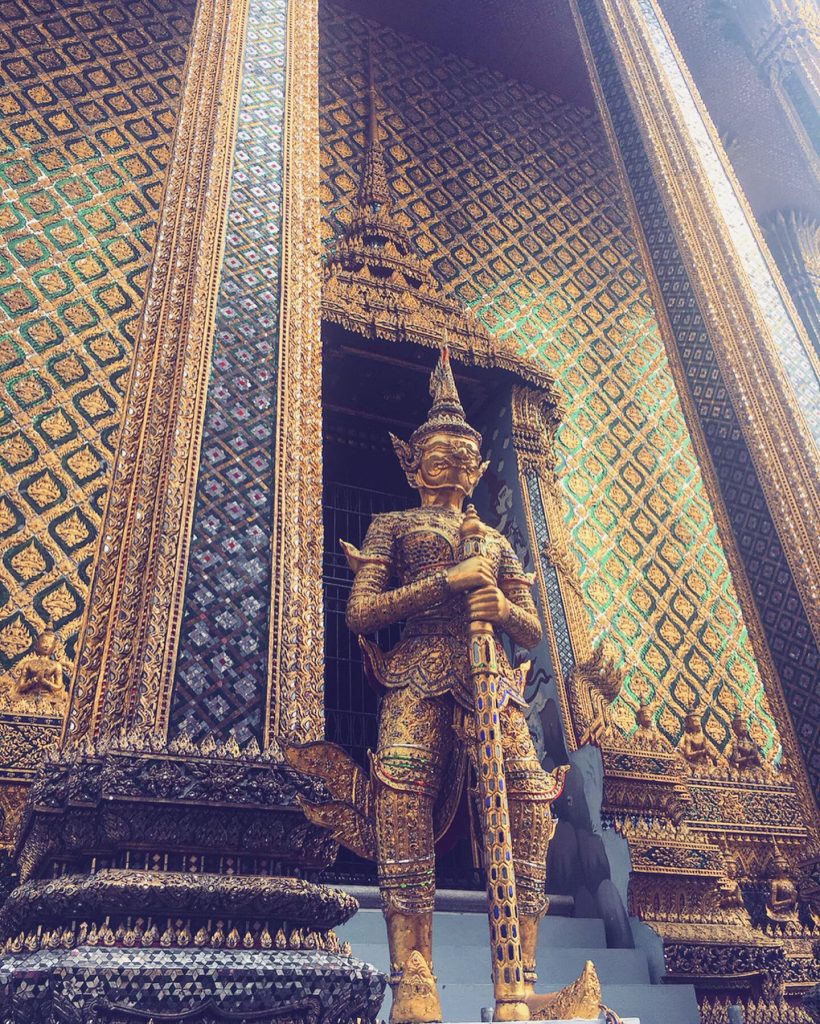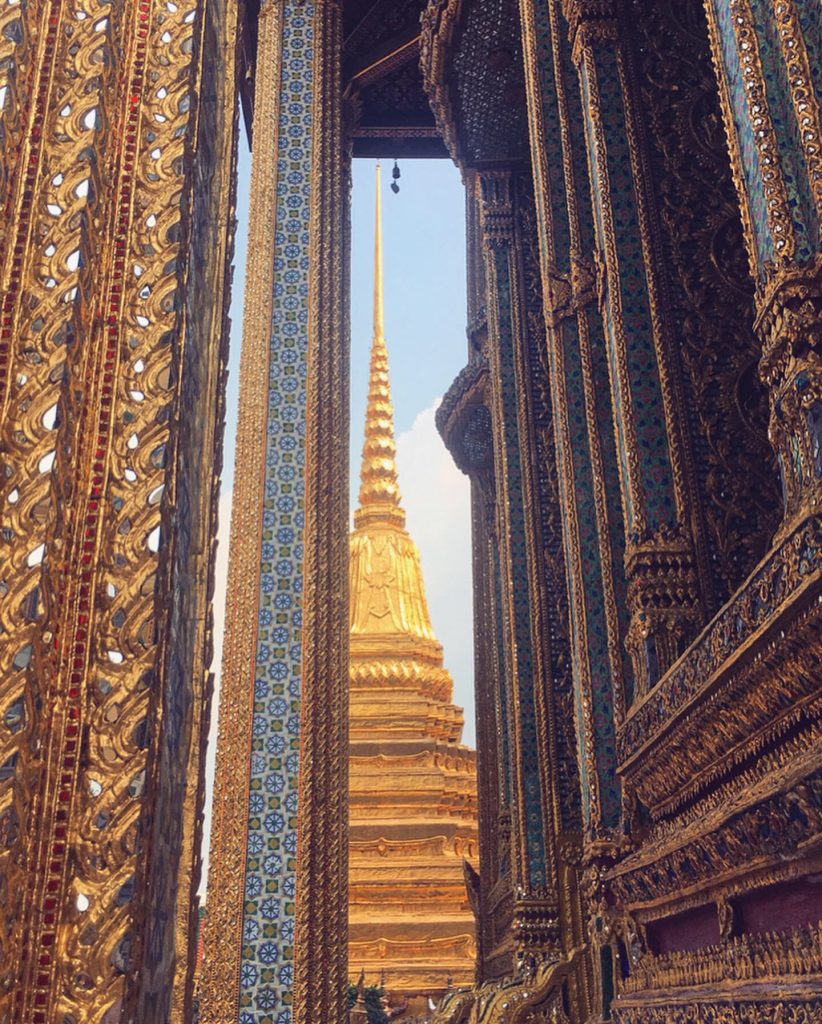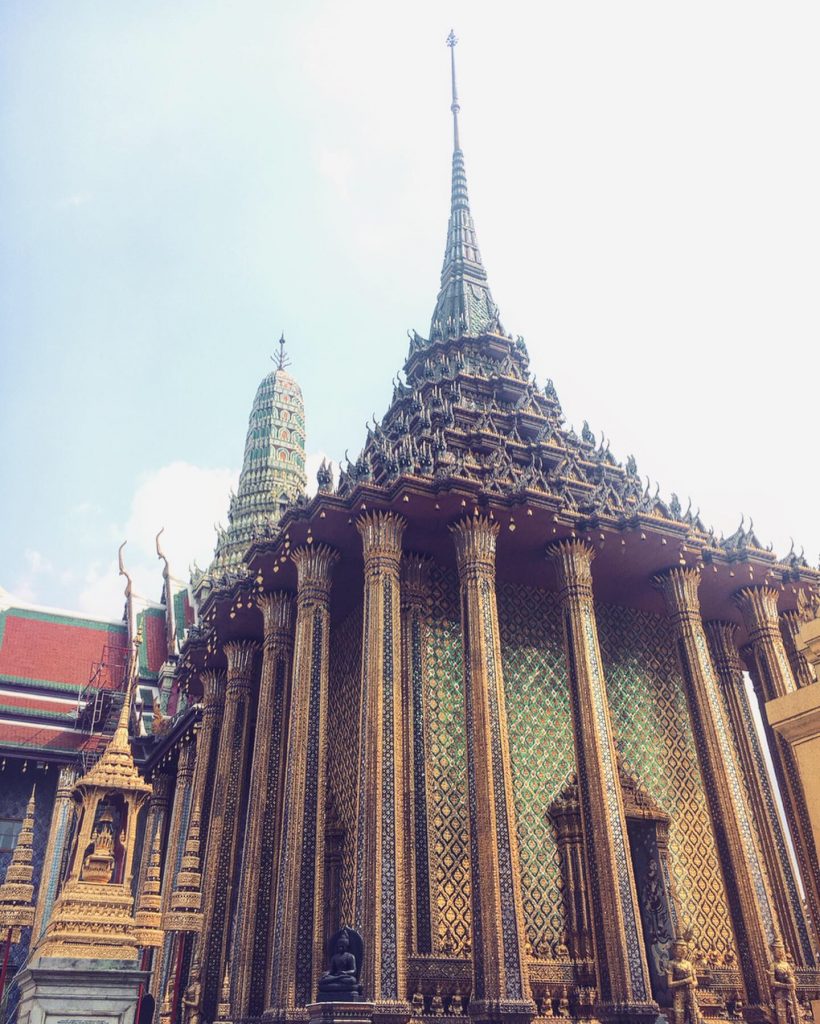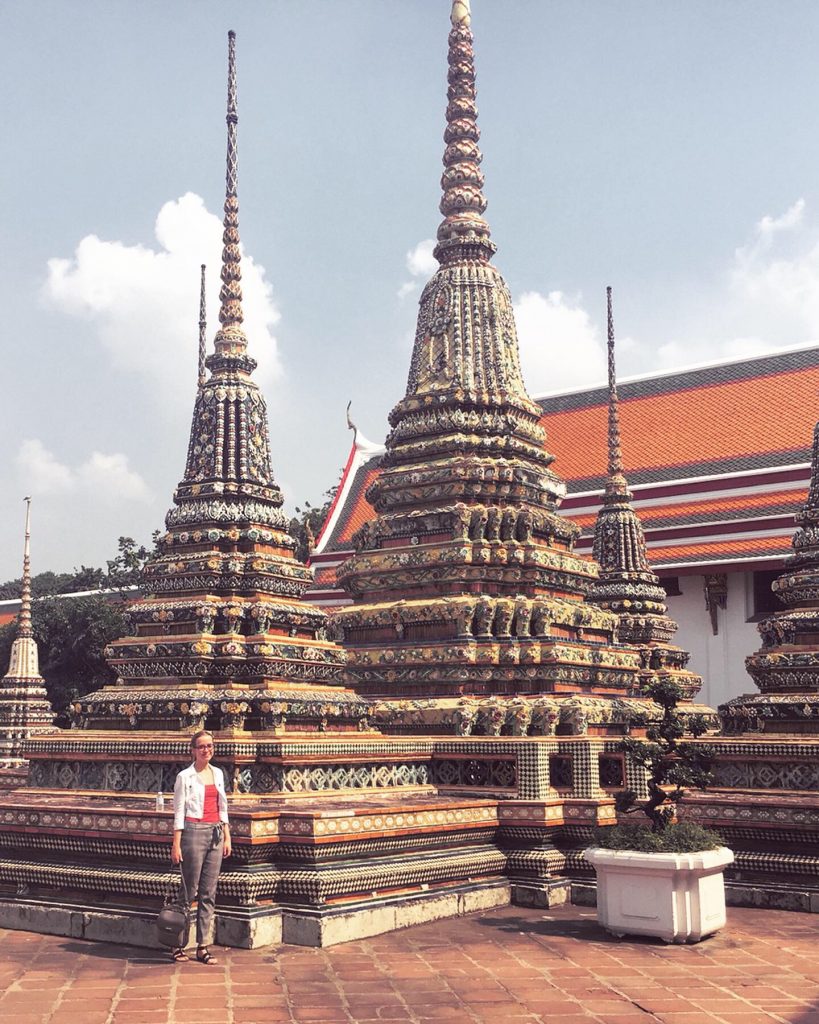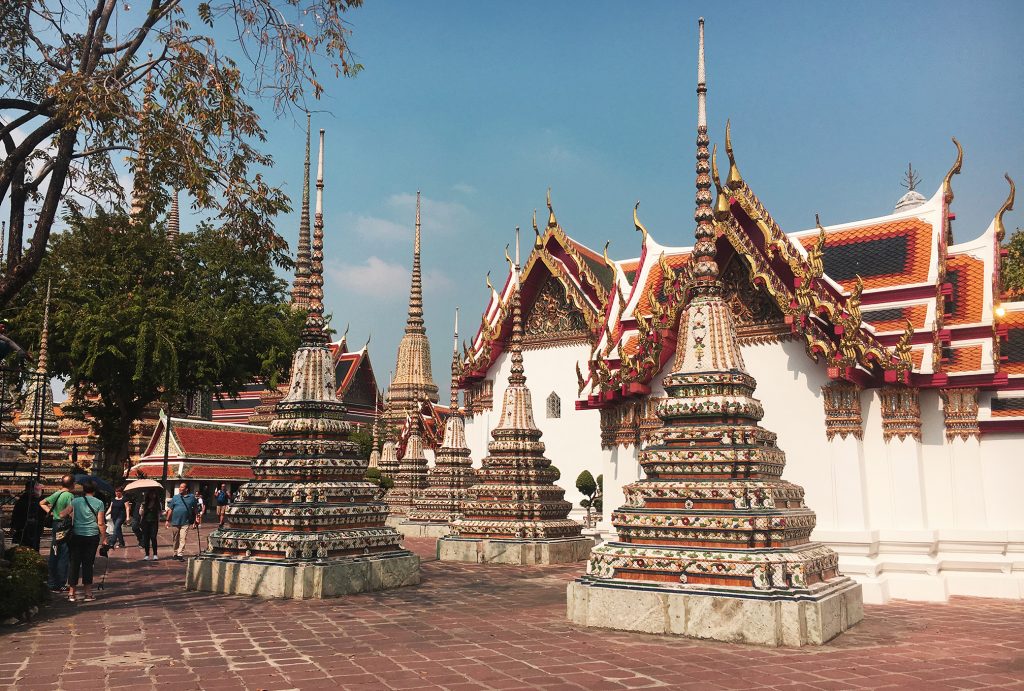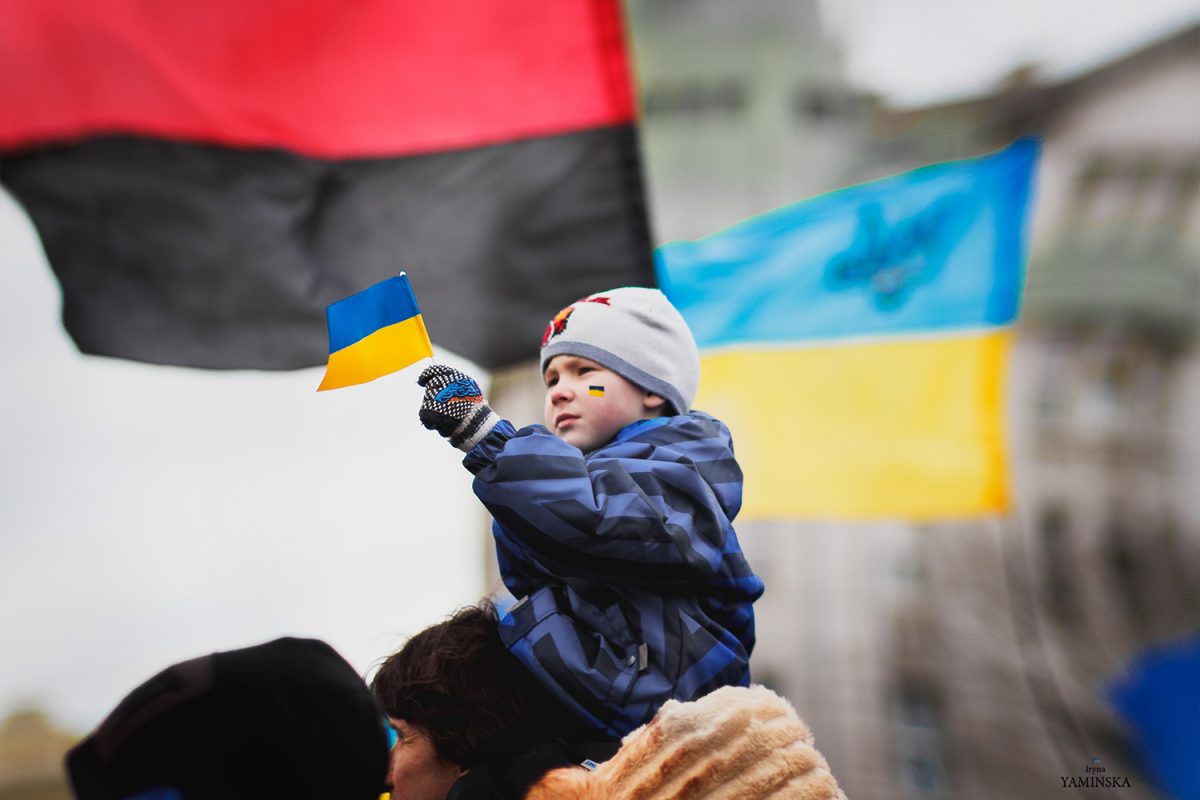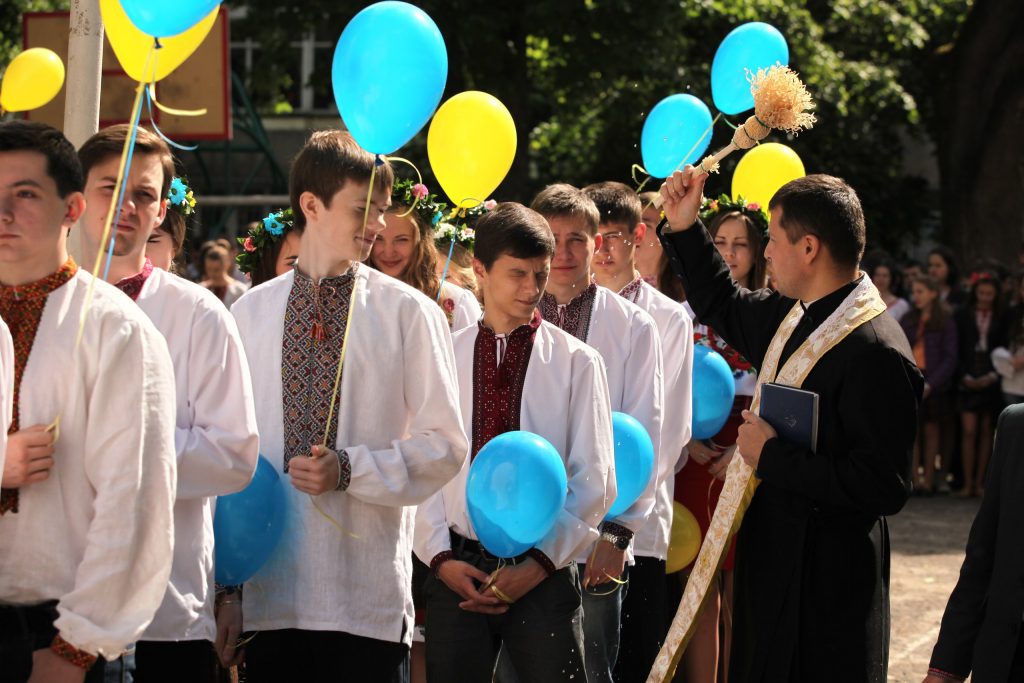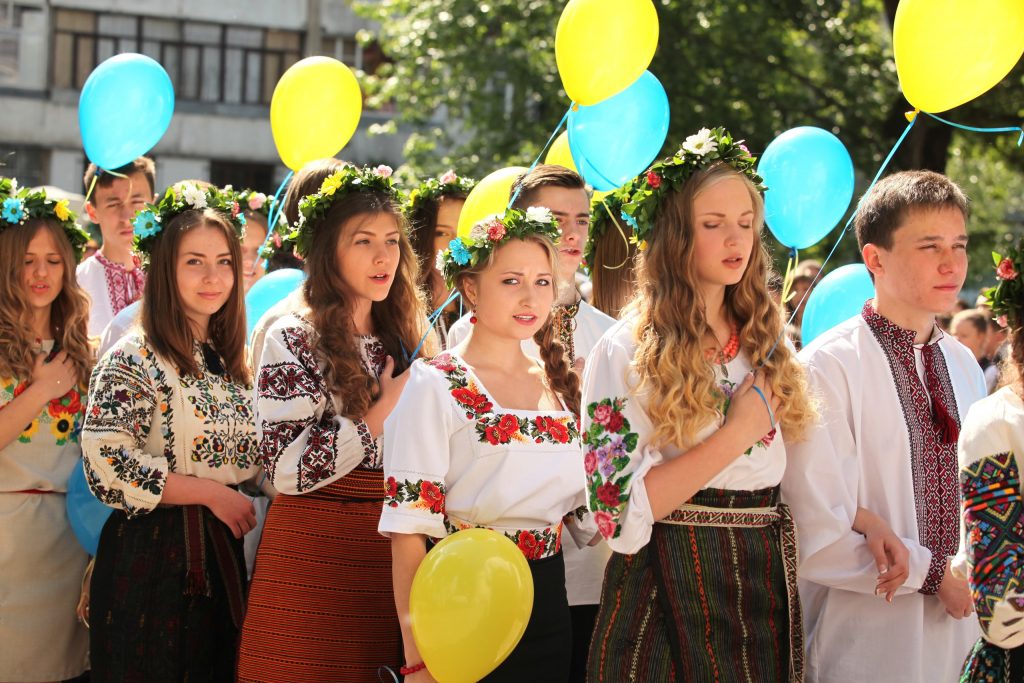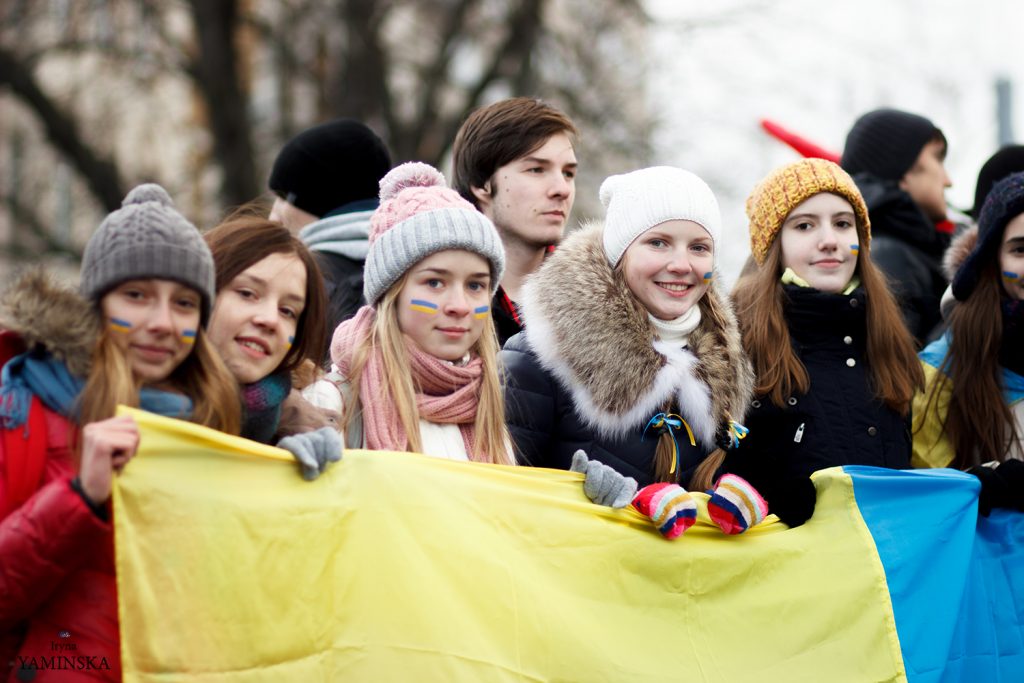Russia’s War in Ukraine: A Grim Reality
The full-scale russian invasion of Ukraine that began in 2022 marked an escalation of hostilities which had been simmering for over a decade, since the illegal annexation of Crimea in 2014. This war is not merely a territorial dispute; for Ukrainians, it is a struggle for freedom, sovereignty, the right to self-determination and simply existence; for russia, it is an attempt to revive a long collapsed empire.
russia’s relentless aggression inflicted much pain, destruction and death onto our beloved country, left dozens of cities completely razed to the ground and hundreds more, that are suffering from weapons of different calibers and are completely or partially cut-off from a proper electricity and water supply. Hundreds of thousands people have been murdered, over ten millions have been displaced from their homes. The human toll of this war is staggering. While exact numbers are challenging to ascertain independently due to the ongoing nature of the conflict, we know from the local authorities that in Mariupol alone over twenty thousands of Ukrainian civilians have lost their lives. Over a dozen thousand documented war crimes await on the tables of the lawyers to be reviewed in national and international courts.
It is hard to imagine, which horrors are still happening on the occupied territories after having seen what those murderers have left behind after withdrawing from Kyiv oblast. Hundreds of dead civilians have been found either left on a ground just like roadkill or buried in mass graves. A town of Bucha comes to mind as a grave example of our enemy’s cruelty. Evidence of russian army torturing innocent people in chambers has also been discovered. russia’s actions have proven multiple times that mercy doesn’t belong to its army´s traits.
The russian military’s actions in Ukraine have been marked by blatant violations of international law and human rights. Indiscriminate attacks on civilian infrastructure, including homes, hospitals, schools, and kindergartens, have been documented extensively. The United Nations Human Rights Monitoring Mission in Ukraine reported that russian forces have shown a blatant disregard for civilian lives by using explosive weapons with wide-area effects in densely populated areas.
One of the most harrowing aspects of this conflict is the systematic abduction of Ukrainian children. russian forces have kidnapped thousands, detaining their parents and sending young children to orphanages in Russia for adoption, while older children are enrolled in military academies and technical schools to assimilate them as russian citizens. Over 19,000 Ukrainian children remain missing, causing deep anguish for their families who are unaware of their children’s whereabouts or well-being.
People who haven´t been able to evacuate from the occupied territories often are being stripped off their Ukrainian passports and rights, deported to the distant parts of russia and forcefully assimilated. “Re-education camps” have been established for dissidents who dare express disagreement with the dictator regime.
Each statistic represents a life interrupted, a family torn apart, a broken heart and a community forever changed.
The Global Apathy
Despite ample evidence of russia’s terrorist tactics, dirty, brutal warfare, and the pervasive propaganda fueling its imperialistic ambitions, the global community appears to have forgotten historical lessons, repeating the mistakes of past political leaders. The initial global outcry after the full scale invasion has waned, with media coverage diminishing even as Ukrainian cities endure some of the most severe attacks since the war began. The same outrage and quick boredom of international community we observed after the annexation of Crimea and Donbas region by russia in 2014. Years went by and the world started making business as usual with russia again, strengthening ties and dependencies on this terrorist state. Yet not many realized, that unpunished evil returns tenfold. Territorial concessions do not satisfy the aggressor, but rather fuel their appetite – that we have seen with our own eyes. Having regained strength, russia has tried to invade Ukraine anew in 2022. The “military experts” predicted, that our country will fall in three days, but here we are – still having to fight not only imperialistic machine, but also the apathy of the global community.
Don’t get me wrong – I am thankful for any military or humanitarian help that our international partners have delivered to Ukraine over the years. However, one cannot oversee the fact, that many of them expect maximum results from a country, torn by war, while being reluctant and afraid to provide the crucial equipment on time. President Zelenskyy and generals of Ukrainian Armed Forces (UAF) repeatedly underlined that a strong aviation, air defence systems and long range missiles are crucial for Ukraine in order to regain control over the occupied territories. A detailed list of required weapon systems was not disclosed, but it was provided to the representatives of our allies, they are very much aware of our army´s needs. After all, many resourced are required to push back a million army of a nuclear state, whose allies (like North Korea, Iran and Belarus) are not as reluctant as careful, democratic Europe. They constantly increase a flow of missiles and drones to russia, while NATO-countries only provided a fraction of what Ukrainians have asked for (and even that, with great delays). These deliveries are just enough for Ukraine to survive as a state, but not nearly enough to put an end to the occupation. Many seem to be dissapointed about so-called Ukrainian counteroffensive going wrong when in reality it didn’t even have a chance to properly start because of the over-promises of partners and their under-delivery, deficiency of political will to strongly repel an aggressor and slow, complicated logistics of the whole process (including transport, maintenance, training of UAF). Promises of our partners to stand with Ukraine until victory are now again overshadowed by impatience, particularly amid the rise of far-right movements in Europe and the recent election of President Trump in the United States, who seems to side with russia rather than with Ukraine.
Debunking Trump’s Misinformation (russian Propaganda):
If you follow politics, then you probably have already heard about a humiliating incident on the 28. February in the Oval Office, which exemplifies this troubling shift. President Trump and Vice President J.D. Vance backstabbingly disrespected President Zelenskyy, interrupting and admonishing him during a televised meeting, while propagating Russian narratives to the public.
1) Zelenskyy as a Dictator Unwilling to Pursue Peace:
President Zelenskyy was democratically elected with 75% of the vote and continues to enjoy majority support among Ukrainians. However, conducting fair elections under martial law is nearly impossible, considering millions of refugees, active soldiers on the frontlines, and destroyed infrastructure. If we weren’t involved in this war we didn’t choose (after all, russia inflicted it upon us), we would have been able to conduct an election like usual. Accusing Zelenskyy of dictatorship under these circumstances is cynical. Figures like Elon Musk and certain Republicans have suggested that the U.S. needs a Ukrainian president they can “make deals” with and that Zelenskyy should step down. Thus, they display arrogance and a disregard for Ukrainian sovereignty. Only Ukrainians have the right to decide their leadership, only Ukrainians know which president they need and only they carry the power over their politicians, I’m afraid, the opinions of american oligarchs are unasked for in this matter. The world should have learned till now that Ukrainians do not bow in front of modern emperors, neither russian war criminals, nor American businessmen. If proponents of democratic values are sincere, why not accuse putin of dictatorship instead and call for his resignation? Can you imagine Trump and Vance attacking putin like they did with Zelenskyy in the Oval Office? I cannot. The US president seems to have a weird affection towards another fascist with a blown-out ego. This affinity for authoritarian figures raises a lot of concerns about his commitment to democracy.
In addition, Vance claims, that Zelenskyy shows disrespect, bluntly asking for protection measures while the real problem is that Ukrainian army doesn’t have enough manpower. USA representatives have been pressuring Zelenskyy to lower mobilization age from 25 to 18 for weeks now, directing public attention away from the actual security guarantees. I can´t help but mention that sending children to war for the sake of simply increasing numbers without substantial protection from the sky is an outrageous suggestion, considering that it wouldn’t even make a huge difference in the course of this war. It would only needlessly turn our youth into cannon fodder. Again, only a strong aviation, more air defence systems and long-range missiles coupled with permissions to use them on the russian ground could drastically change the situation. However, instead of helping Ukraine gain more strength and leverage both on the battlefield and during peace negotiations, Americans are limiting the delivery of critical weapons and intelligence data, exposing Ukrainian population to even larger destruction. This behaviour has a name – treachery and political prostitution.
Moreover, it is negligent to want to make concessions to putin so as not to provoke him instead of showing determination and willingness to resist him. It sends the wrong signals to the whole world when countries try to find reconciliation with russia instead of punishing war criminals and holding them accountable. How about reconciliation with Ukraine? After all, the USA owes us security guarantees after the Budapest memorandum of 1993. Being always committed to the world peace, Ukraine denuclearized in exchange for russian and American security guarantees. These countries promised (and signed an agreement!) to protect Ukrainian sovereignty in case of an invasion. What now? While one guarantor is brutally invading us without facing harsh consequences, another is sticking a knife in our back, threatening to abandon us completely unless Zelenskyy signs a very one-sided mineral deal that would deprive future generations of Ukrainians of the profits from their country’s industries. So much about the value of “negotiations” and “international agreements”. At the end they are just pieces of paper, that the modern colonizers use to wipe their bloody hands with. It is unimaginable, that after breaking our trust multiple times, they then even have an audacity to accuse Ukraine of not wanting peace. Ukrainians are the ones who are losing the most in this war, they want is to stop more then anyone else. But any peace deals must be just and binding.
2) Russia’s Alleged Respect for Trump and Readiness for Peace:
It’s essential to recall that Russia initiated the full-scale invasion in 2022 and began occupying Ukrainian territories in 2014, starting with Crimea. It is embarrassing having to remind anyone of the basic facts. It is pathetic that no one still has explained Trump this simple truth. Ukraine and russia cannot be treated as equal rivals in a dispute; here, there is straightforwardly an aggressor and a victim. Dealing with a war like this is not about “taking sides” and finding a compromise to satisfy both regimes. In a situation like this, a world should strive for justice – a victim should be supported; an aggressor should be punished. russia can halt the war at any moment by ceasing its attacks. If Russia stops fighting, the war ends; if Ukraine stops fighting, Ukraine ends.
Trump’s understanding of peace seems flawed, as he doesn´t understand that life under occupation is not peaceful at all, and concessions to terrorists do bring rather silent terror, deportation, assimilation, and torture. Weakness and readiness for concessions only embolden aggressors. We must not repeat the mistakes of 2014 and ineffective agreements like the Minsk Accords. A just peace requires strong punishment of the aggressor, including reparations and legal prosecution of war crimes. Trump’s claim that under his administration Ukraine lost nothing to Russia is false; during his previous term, Russia violated multiple peace agreements, and nothing deterred their ambition to conquer their sovereign neighbor. Trump’s beliefs in putin’s respect for him personally and Russia’s readiness for peace are either naive or align with his interests. By siding with Russia, abandoning Europe, threatening Greenland, imposing high tariffs on Canadian, Mexican and other imports, Trump risks losing vital strategic partners. As someone with deep ties to the US., I am ashamed and repulsed by the recent decisions of the new president. How must an American citizens feel, knowing their country sides at the UN with russia and North Korea, withdraws from respected international organizations and refuses to name russia as the aggressor in this brutal war, while slowly eliminating freedom of speech starting with peaceful protests in the US.?
Hope is Not Dead Yet
We are living in dark times, but we will endure them as we always have. It’s crucial to remain united, trust reliable information sources, and resist propaganda. Trump will continue to make statements that test our resolve, but we must remember our strengths: the courage of our soldiers, the persistence of our volunteers, the creativity and resourcefulness of our nation, and our unwavering will for freedom. For three years, we have resisted the Russian invasion, defying experts who predicted Kyiv would fall in three days. We have faced challenges before, survived Trump’s previous term, and we will manage this time too. Do not despair; our country needs us united more than ever. Regardless of Trump’s rhetoric or Musk’s tweets, we Ukrainians have a job to do—continuing to support our army. We will not cease defending Ukrainian interests in our country and abroad – debunking russian propaganda, convincing our allies and potential allies to stand with Ukraine and help it in a fight for its freedom. Not only for our people – but for the security and stability of the whole Europe.
Why it is in Everyone´s Interests to Support Ukraine
The majority of my international readers does not know how it feels like, when war comes to your homeland, when every day you have to wonder if it is the last day for the people you love, when you are getting used to the monotonous radio-voice, that casually reads the numbers of the dead in yet another missile strike. What a blessing not having to know this feeling! I would never wish anyone to feel the war on their own skin.
However, I also do slightly remember peaceful times in Ukraine (before 2013) – of course, war seemed so unrealistic then, like a long dead mammoth, remains of which belong in a museum – just a relic from the past. Never ever could I have imagined that my homeland would be torn apart by a greedy neighbor. Now, war is just a new reality and peace feels unreachable.
Suddenly, we realized, that something so obvious and normal as peace and freedom are in reality very fragile. They can be lost in a blink of an eye and sometimes you have to fight very hard for it. Peace and freedom are not to be taken for granted. I want my international readers to understand their privilege and internalize this thought: just because you never knew anything else than peace and just because war scenarios are unimaginable to you, this is not set in stone.
Don´t underestimate danger, that comes with having an aggressive dictator country as a neighbor, especially if they feel emboldened and unpunished. One should not naively hope that putin’s imperialist dreams only relate to Ukraine. russian propagandists have been discussing scenarios about how to conquer the Baltic states on their television for years. They don’t even try to hide their intentions. After what their regime has done to Chechnya, Georgia, Syria and finally, Ukraine, is there any doubt left about how cruel they are and what they are capable of?
With USA threatening to leave NATO, Europe has found itself on a brink of a major shift in its security strategies. Being negligent at this time is very dangerous. russia is a threat to democracy and Europe is currently not united enough and militarily not strong enough to be able to anticipate this danger.
In 20 years, when we look back at today, I want us to be able to say that we did everything necessary to stop war criminals and prevent russia from bringing even more suffering into the world. It is in the interests of all people from all political directions. No matter whether you belong to the left or right political wing.
Above all, if you identify as a leftist – you have to understand that our fight for freedom and self-determination is justified, because it is an anti-imperialist struggle and expansionist dreams of modern authoritarians are outdated. russia is not a heaven for workers, but another brutal colonizing power that needs to be stopped.
On the other hand, if you look more towards the right, if you are patriots of your countries, claiming that the interests of your nation should be prioritized above all – you probably know that those interests are too valuable to sell them for cheap russian gas. You probably understand the importance of being able to freely exercise your own identity in a familiar cultural environment without depending on dictator states or even being destroyed by them. Thus, why not show solidarity with Ukraine instead of falling for populistic slogans? Members of European right-wing movements have a lot to learn from Ukrainian patriots – because our heroes are only defending themselves, they are not fighting out of hatred for minorities, nor to incite russians (after all, we never wanted to attack them on their soil) – no – our patriotism is based on love, loving freedom – and that is its purest and single acceptable form.
And finally, the political centre must promote more help for Ukraine – because that would be an investment in European security and the preservation of our democratic world order. Now that Ukrainian army is the strongest in Europe, with a decade-long experience in fighting russian aggression, our tactics, strategies and lessons learned pose invaluable knowledge for the armies of European countries. Our ascension to NATO would have strengthened this alliance tenfold.
I wish, that the states and organizations around the world start seeing us for who we are – strong and fierce freedom fighters, a hard-working, smart, democratic nation, a reliable partner, an innocent victim of modern imperialism. We are not a burden, a liability or a leech trying to consume as much EU money as possible. We are simply asking the democratic world to stand with us in these turbulent times, to continue expressing solidarity through bold actions, not only words.
There is a saying – a single branch can be easily broken. However, a bunch of branches, tied together, is unbreakable. So are we – the people, the communities, the countries.
Upd: as of 12.03, a few days after the initial halt, the USA resumed the delivery of weapons and exchange of intelligence data to Ukraine. Even though this is a huge relief, the concerns previously expressed in this article, still remain. Even the fact that important decisions with life-changing consequences depend on a whim of a delusional narciss with child-like behaviour, is troubling.
After the meeting of Ukrainian and US. delegations in Saudi Arabia, a proposal for a partial 30-day ceasefire has been developed and presented to russian authorities. The world watches the actions of russia with great interest right now, trying to find out if they are really committed to achieving peace and if they are ready to show a gesture of good will. As for me, I don´t feel hopeful or excited. I don´t believe russia for a second. I just think, that they will either not accept or break this agreement and will further sabotage any negotiations by unreasonable demands, while continuing attacking Ukraine. That´s just what they always do. Will the world turn a blind eye again when that happens or will Europe (with or without the help from the USA) finally wake up, gather together and come up with effective security guarantees?
